Panel discusses mixed race scholarship
Jared Sexton speaks on the topic of mixed race individuals. Sexton is the director of the African American Studies program in UC Irvine.
April 21, 2015
In studying mixed race identities, the historical focus has been on the individual, but speakers at Monday’s roundtable conversation “What’s Radical About Mixed Race?” aimed to reframe discussion in a way that allows for more nuanced understanding of racial identity.
Speakers at the event, which was hosted by the Asian/Pacific/American Institute, included Minelle Mahtani, an associate professor at the University of Toronto, and Jared Sexton, an associate professor and director of African American studies at the University of California, Irvine.
Sexton said hypodescent, a condition in which people with multiple race identities are automatically classified according to their non-white race, is one of the concerns researchers of mixed race have had in the past. Sexton said he wants researchers to re-examine this issue in a larger framework of racial stereotypes.
“Some of the preoccupations are the issue of hypodescent and challenging its reflexive use, but in challenging hypodescent, multiracial studies also runs the risk of re-stigmatizing the very identities that it claims to combine,” Sexton said.
Mahtani said some mixed raced individuals try to fuse their various identities, but often reinforce white supremacy by ignoring their non-white ancestry. Mahtani added that the media often takes advantage of people of mixed race, using their perceived racial ambiguity to appeal to several demographics at once.
“Working at CBC, the producers told me ‘We’d like you to be on camera,’” Mahtani said. “They told me ‘It’d be easy for you to look like what the audience wants you to look like and you’d appeal to a large cross section of racial groups in the process.”
Mahtani said to progress, mixed race studies must rethink its focus.
“We need to ask new questions,” Mahtani said. “Not ‘What is mixed race?’ but ‘How does the meaning of mixed race change over time?’”
University of Washington student Na’quel Walker, who attended the event, said she often had trouble with her identity as a child.
“When I was younger, for me to say ‘I’m mixed,’ was to denounce blackness,” Walker said. “I was trying to elevate myself because I wanted to feel special or different, but I was running away from my blackness.”
Nicole Holliday, a doctoral student at NYU in linguistics who is studying the speech patterns of people of mixed race, agreed that research into mixed race culture needs to take a new approach.
“The problem is that in a lot of social science literature, it seems like the end goal is to prove that multi-racial people who are multiracial, either people who identify themselves as multiracial or who are identified by a researcher as multiracial, are somehow special or exceptional,” Holliday said. “I’m interested in how can we study this population of people who identify as multiracial in a more nuanced way, without putting them on a pedestal.”
A version of this article appeared in the Tuesday, April 21 print edition. Email Amanda Morris at [email protected].

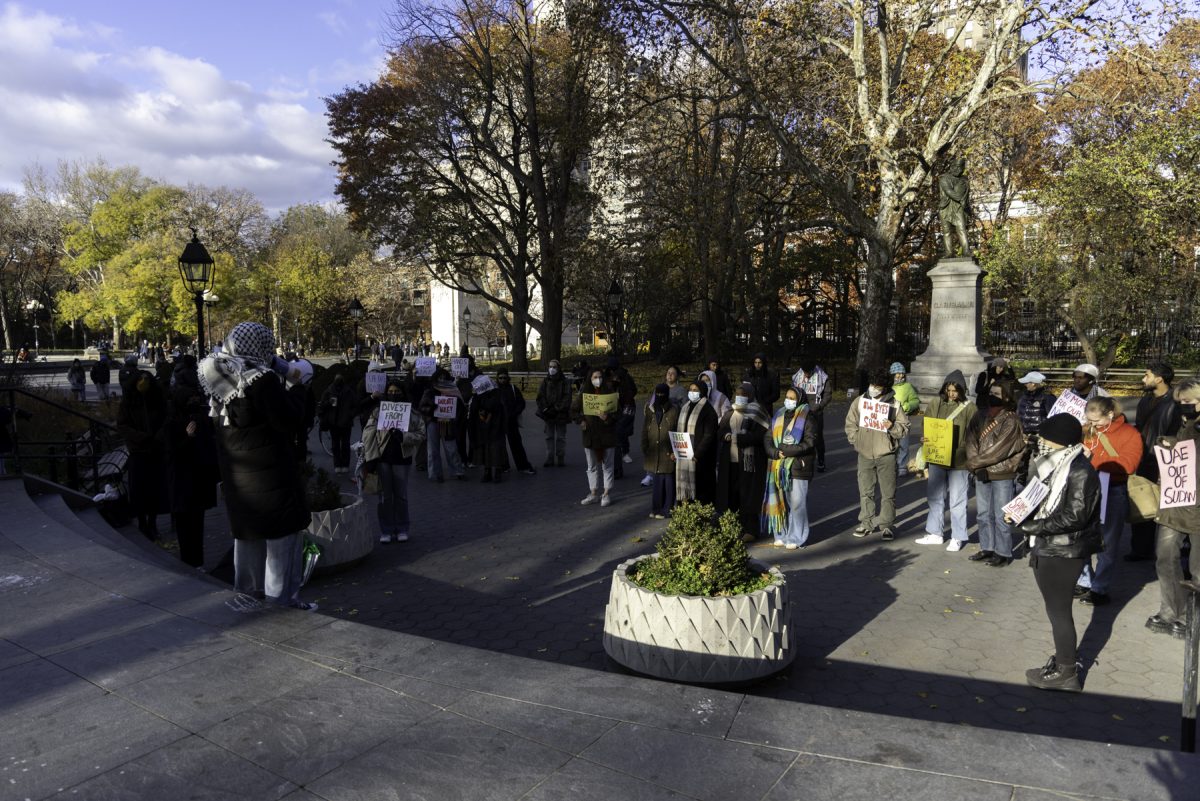


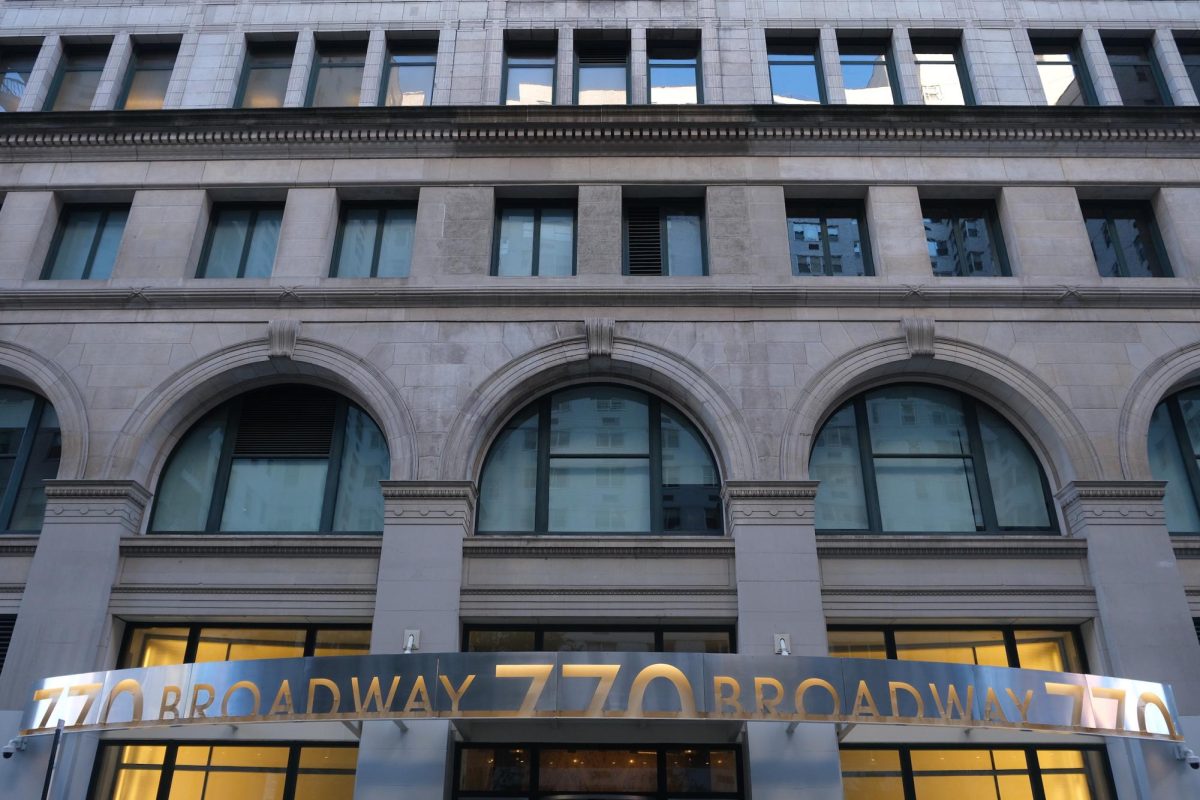
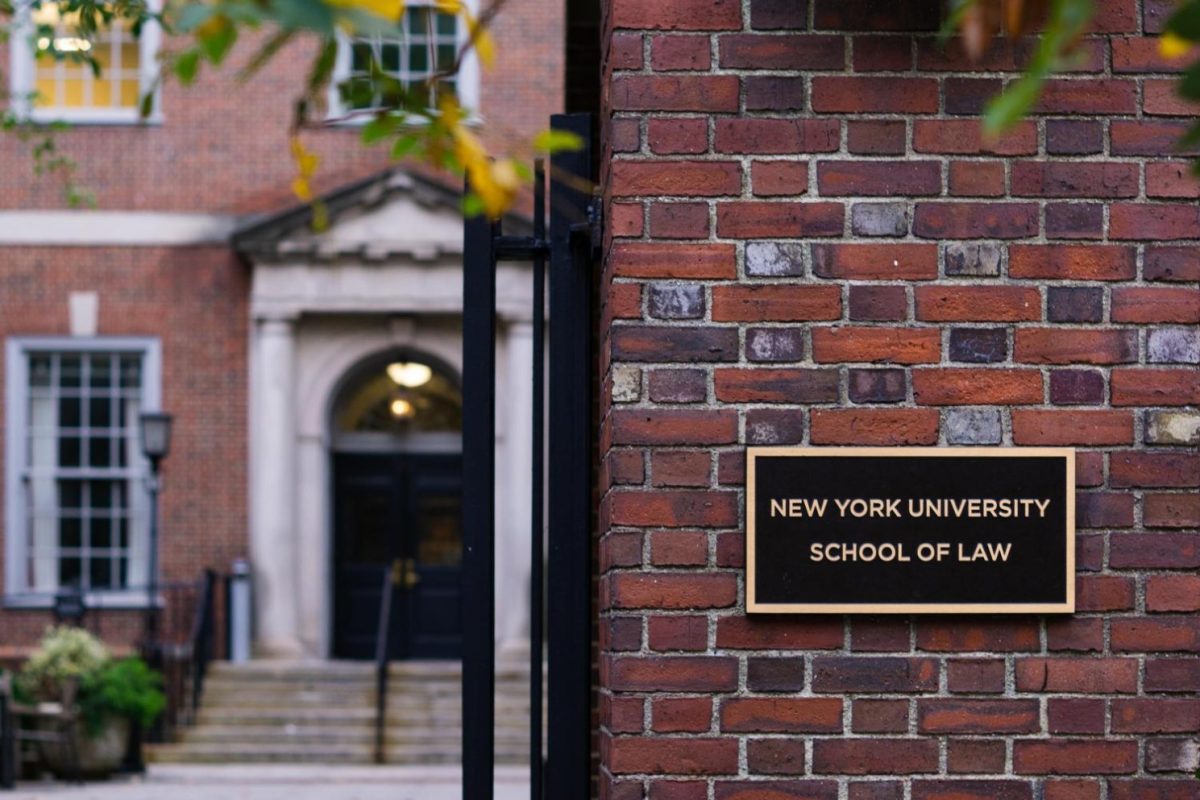
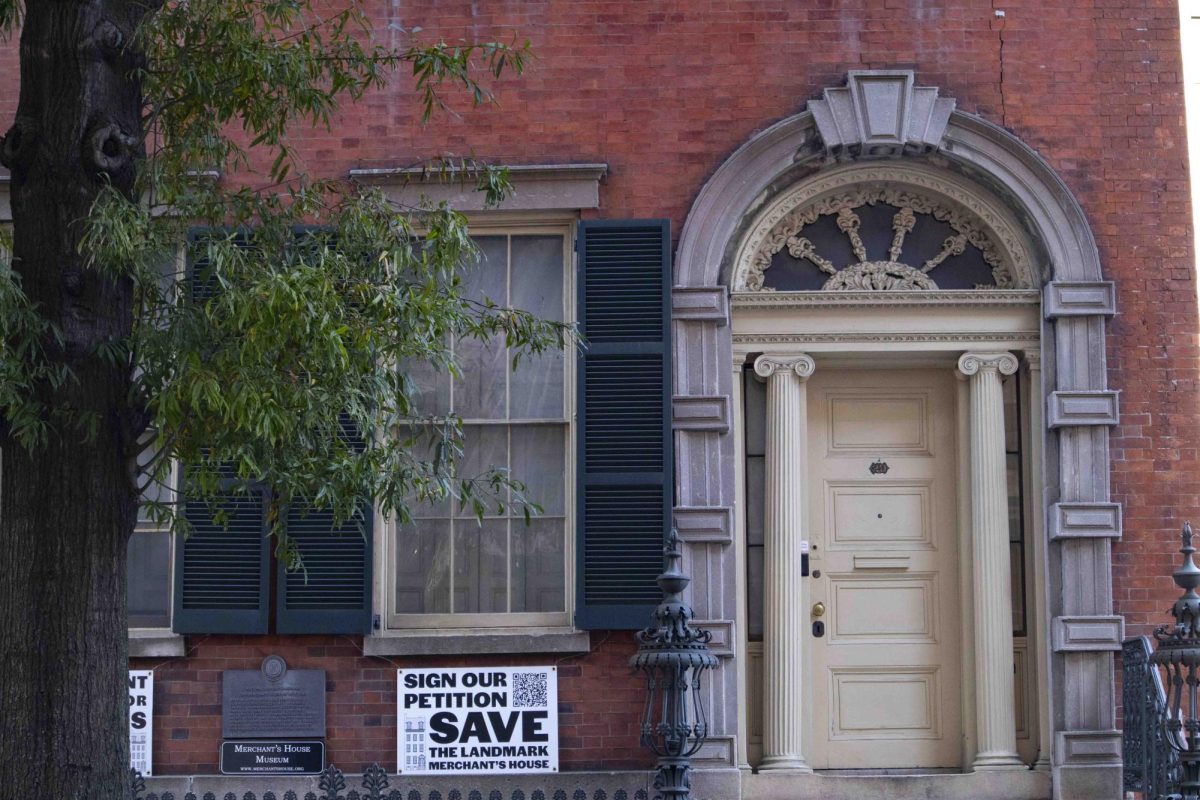

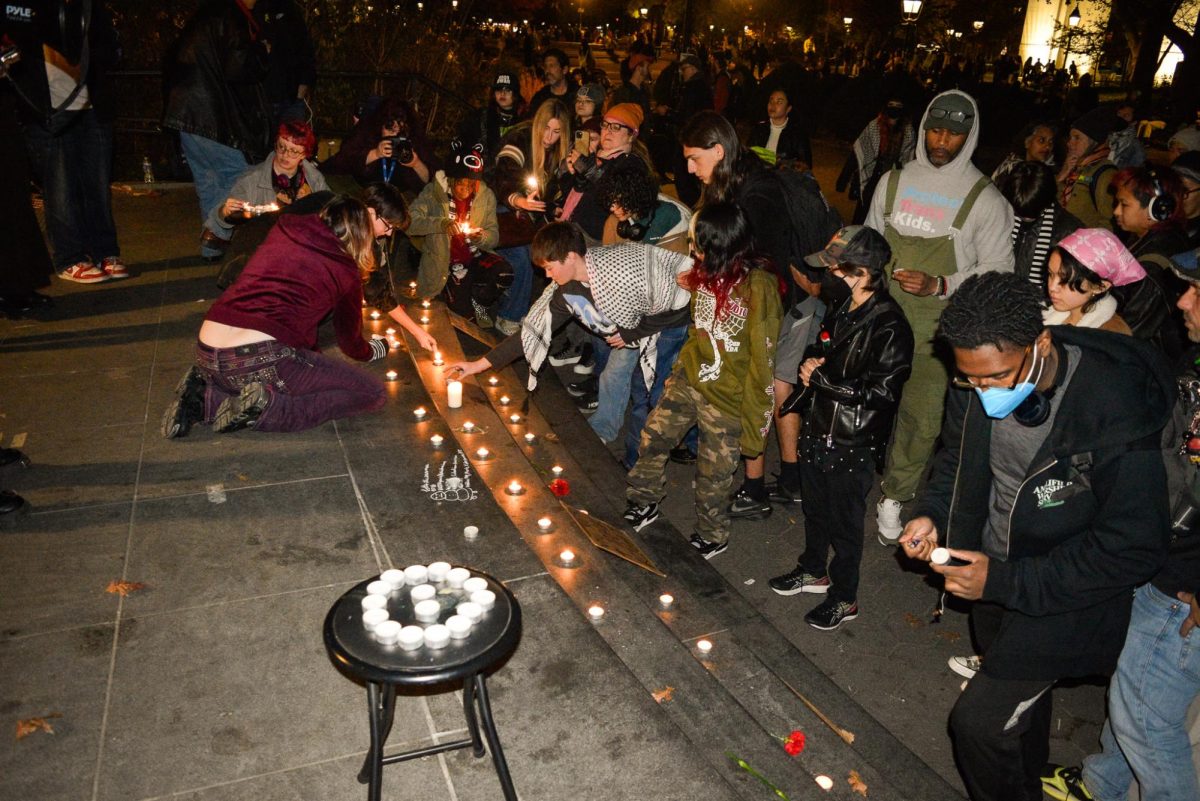


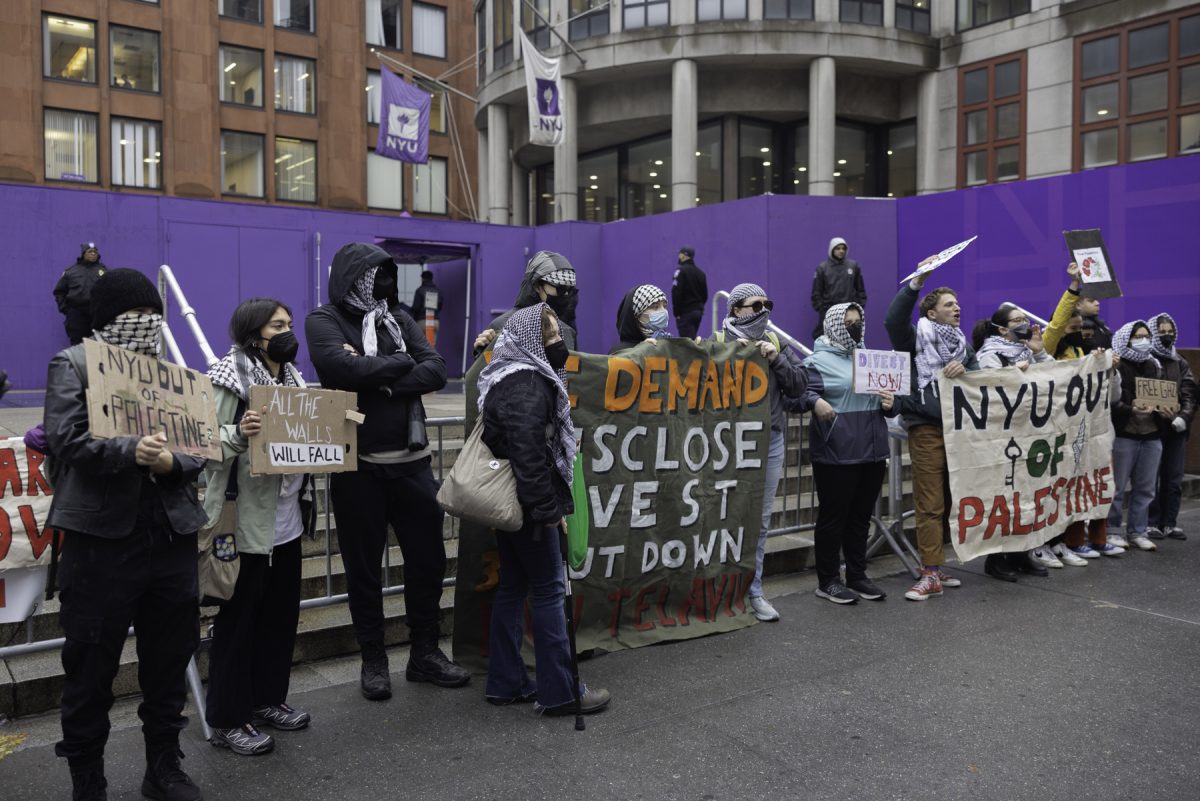
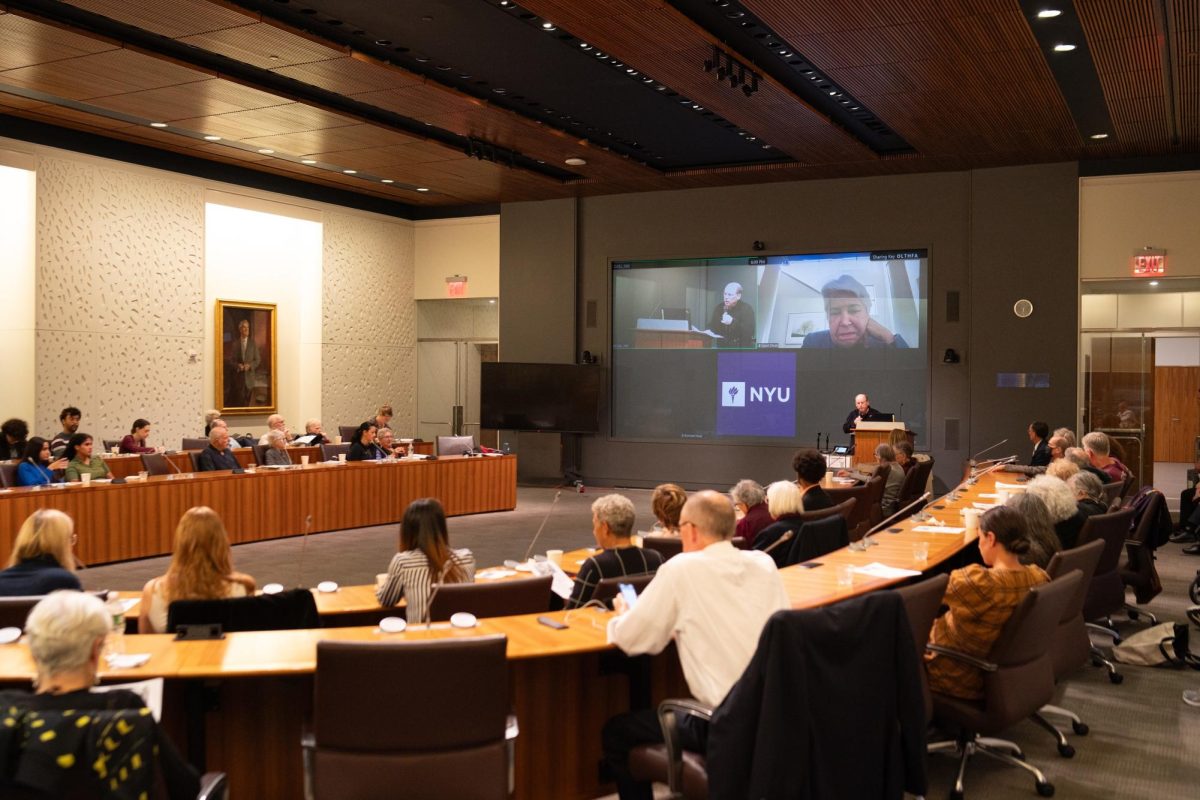


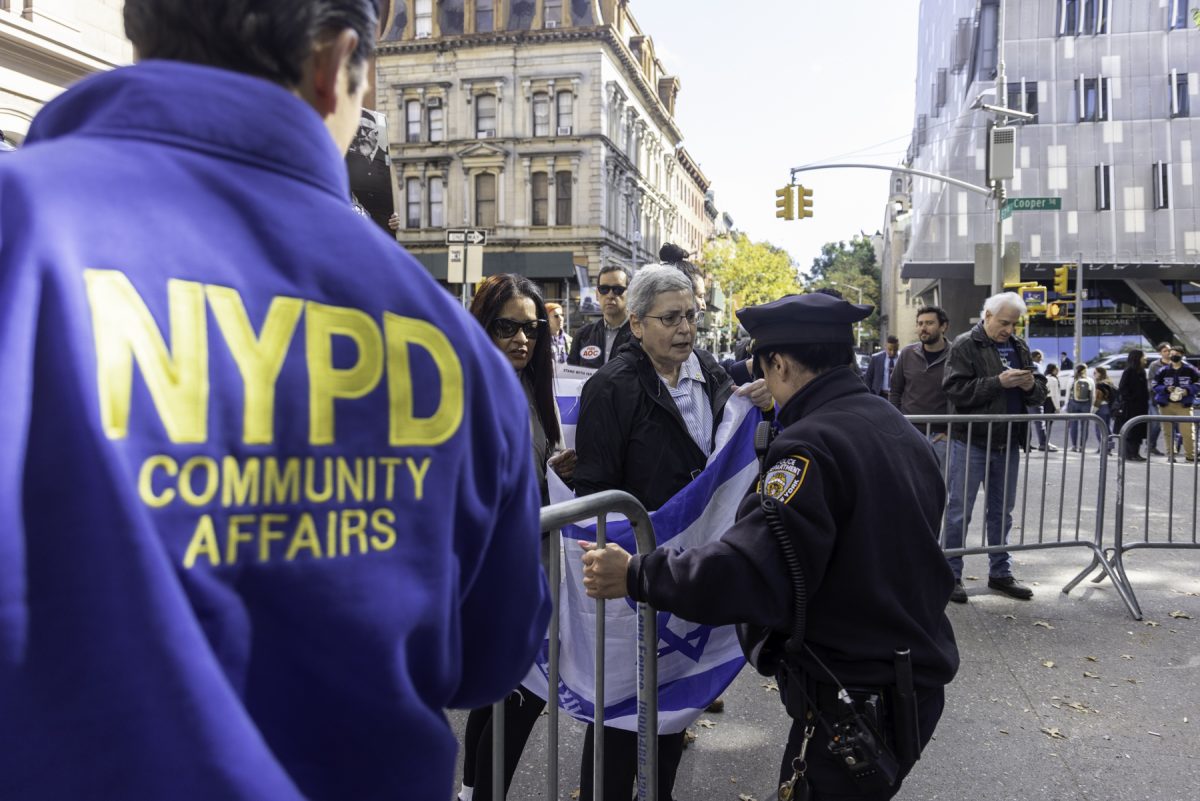





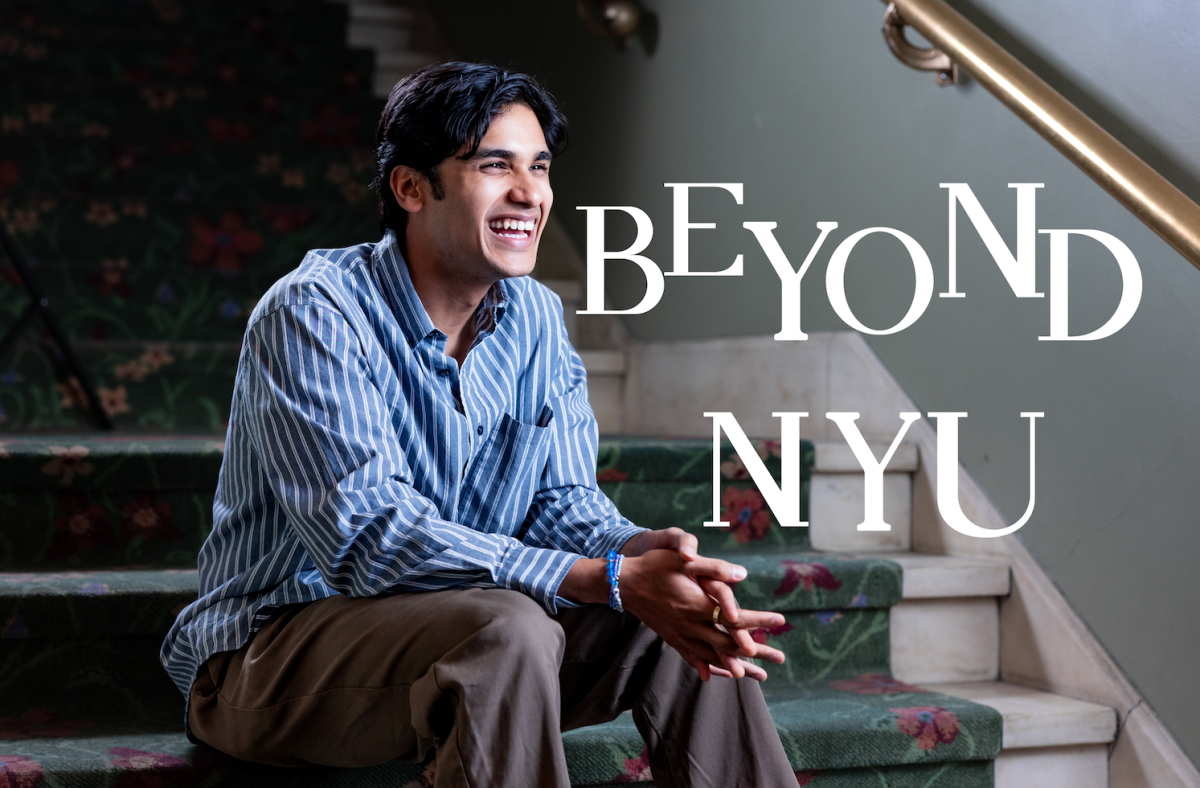









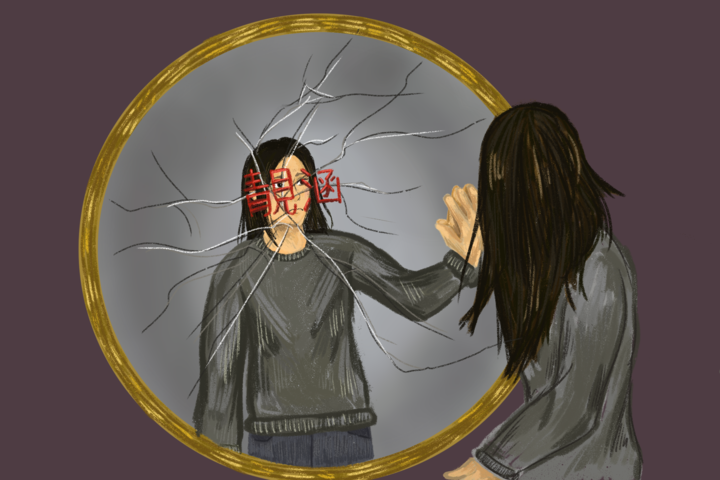

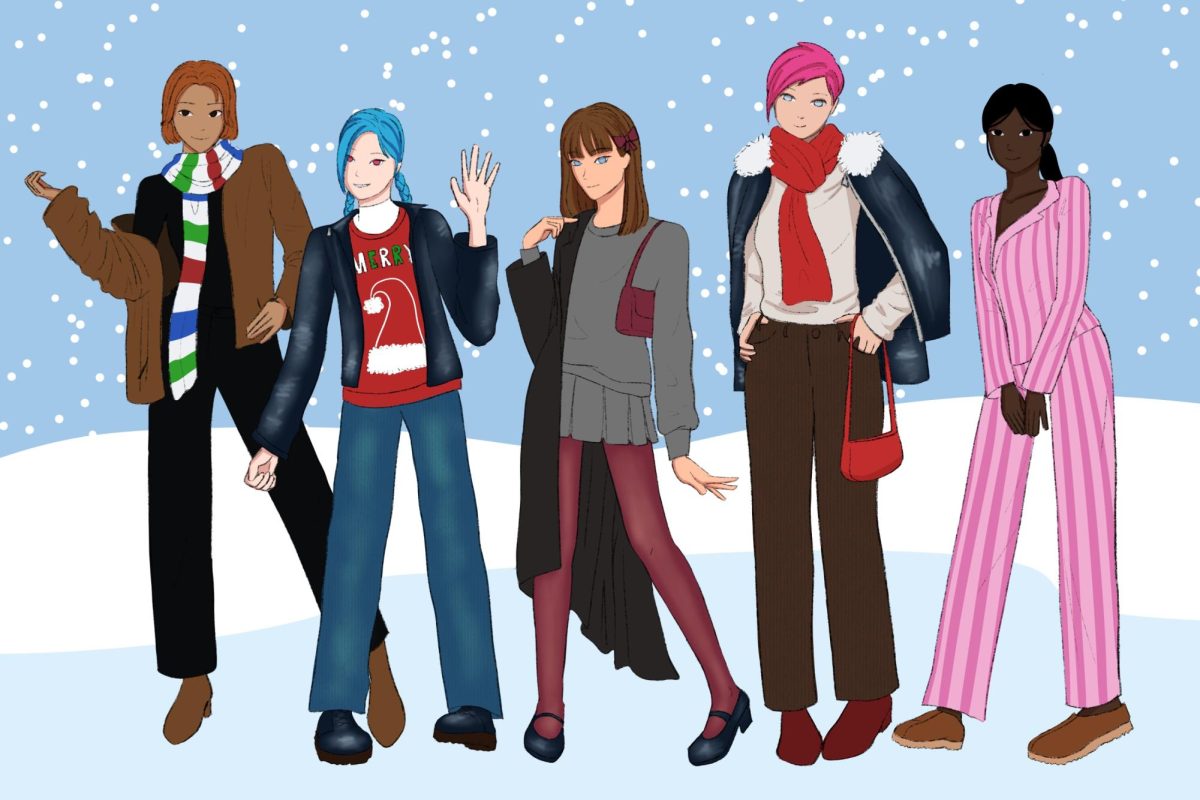

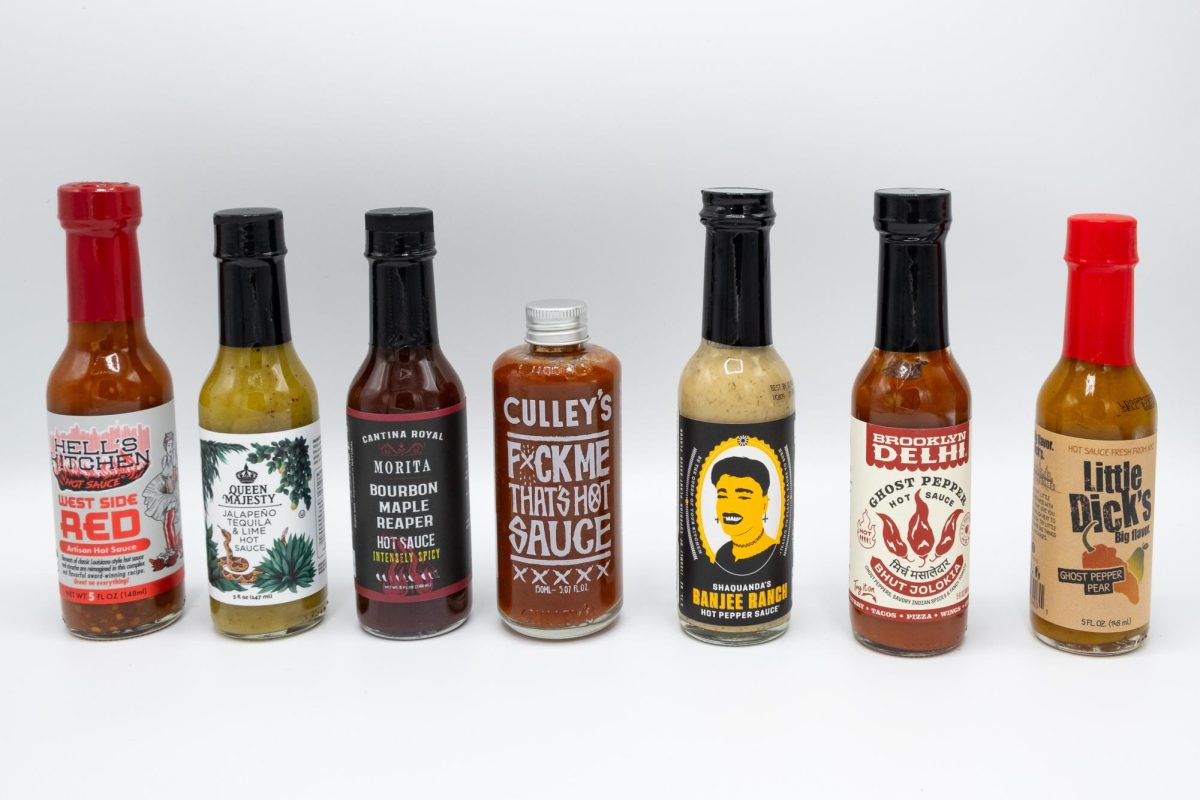

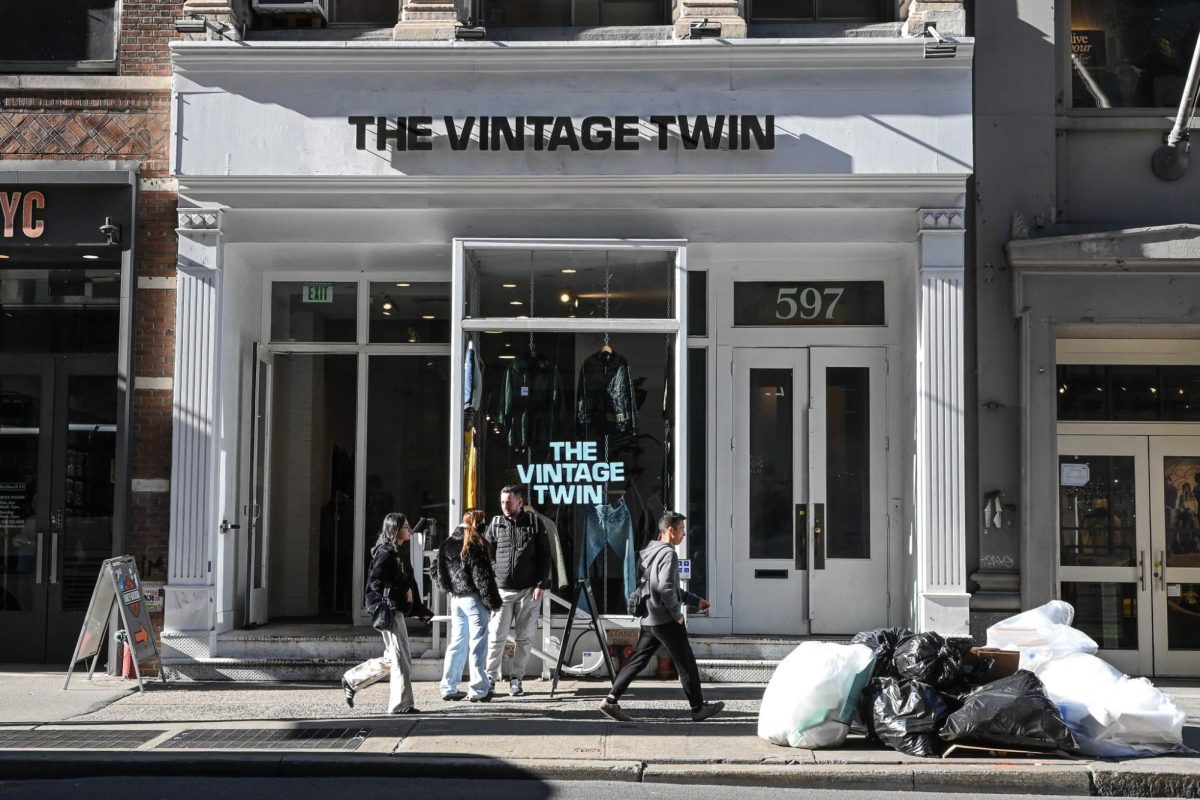

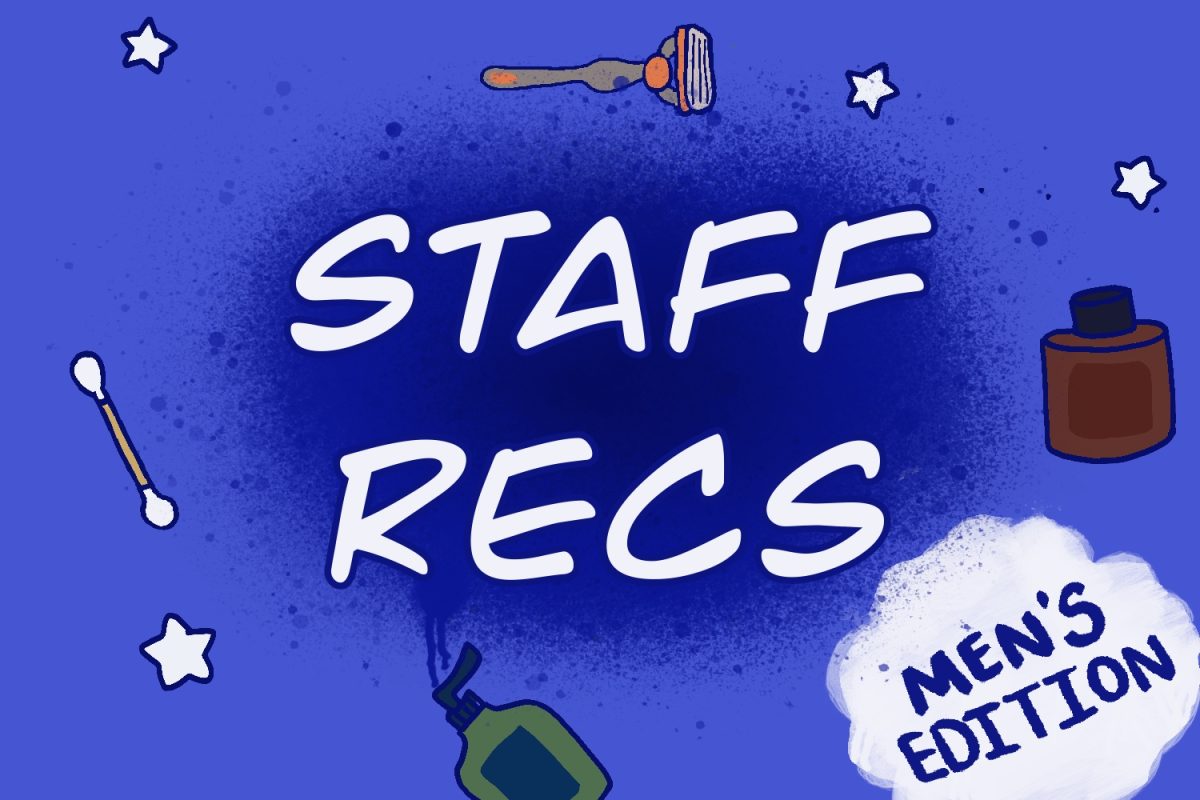

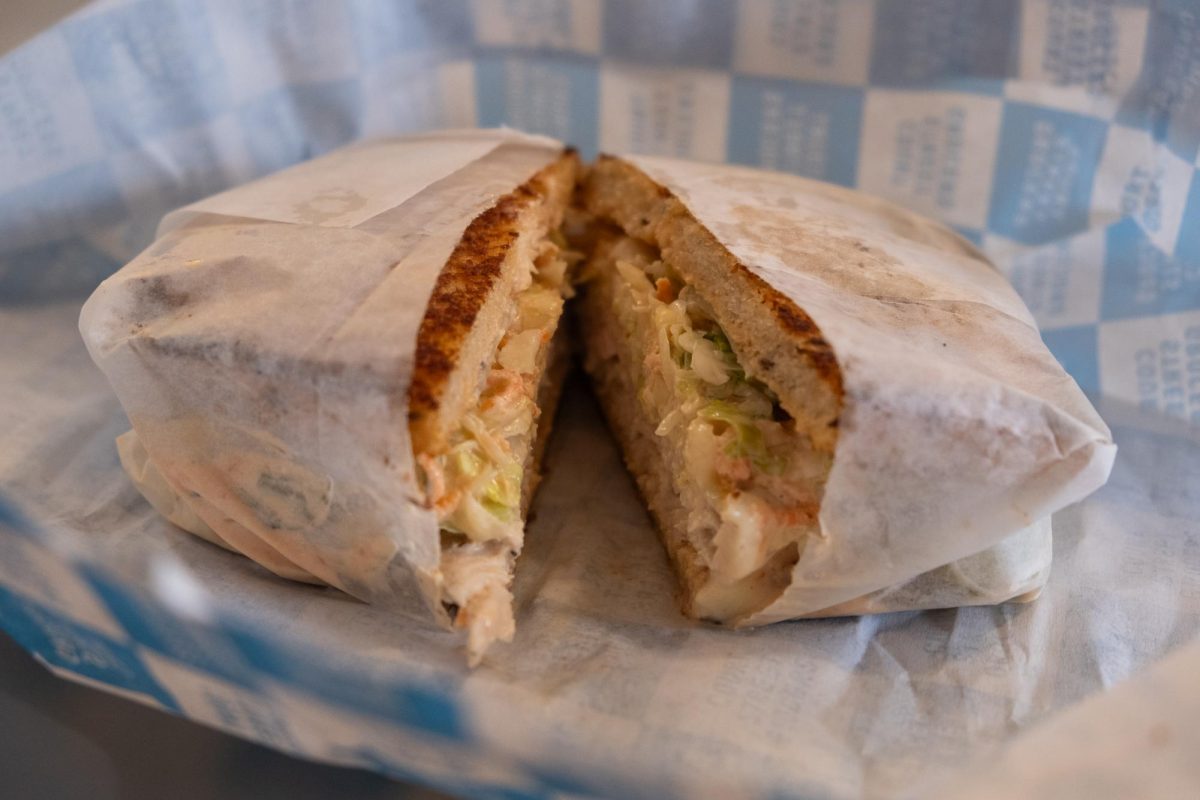
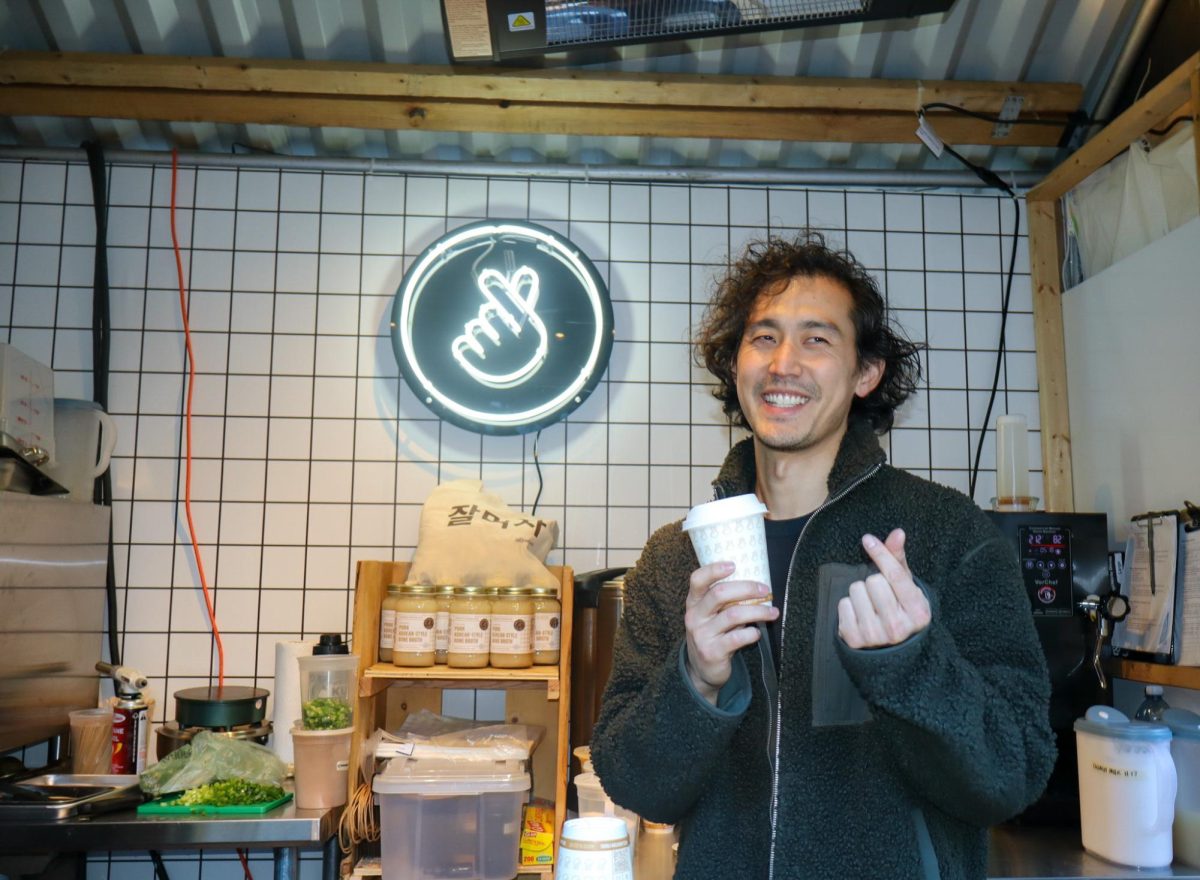
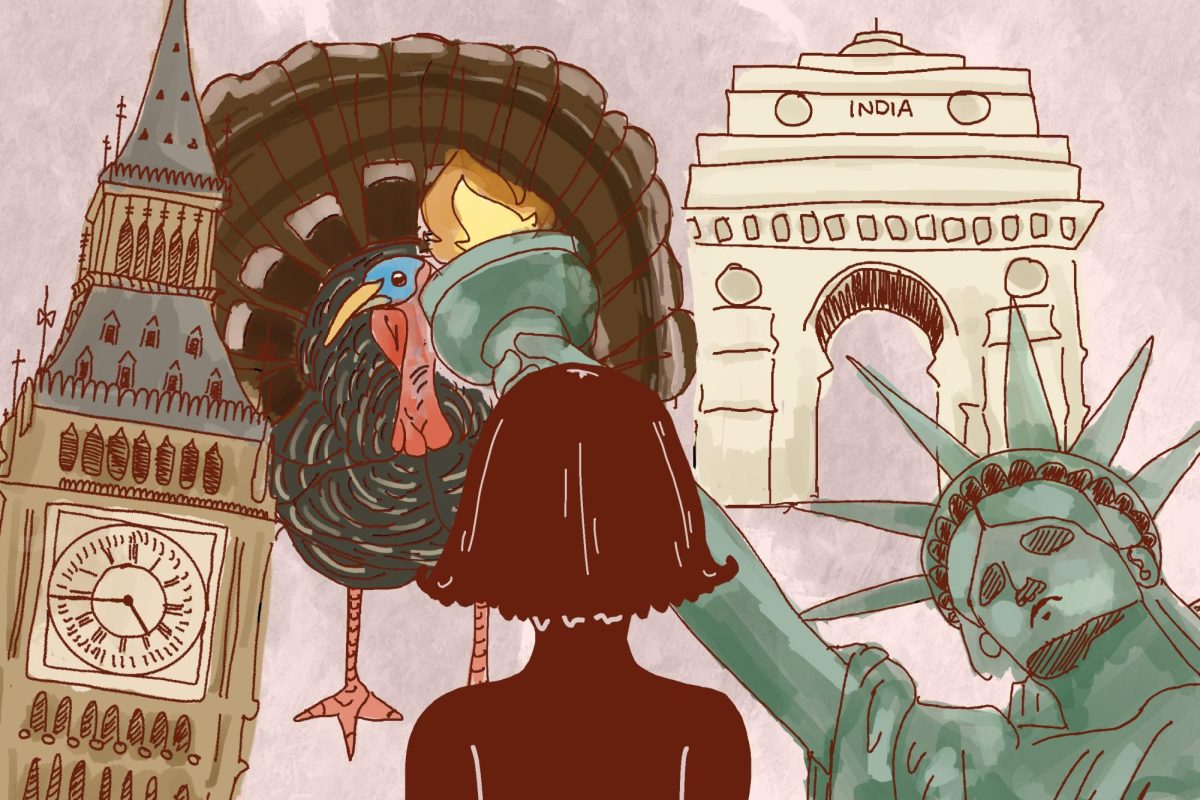



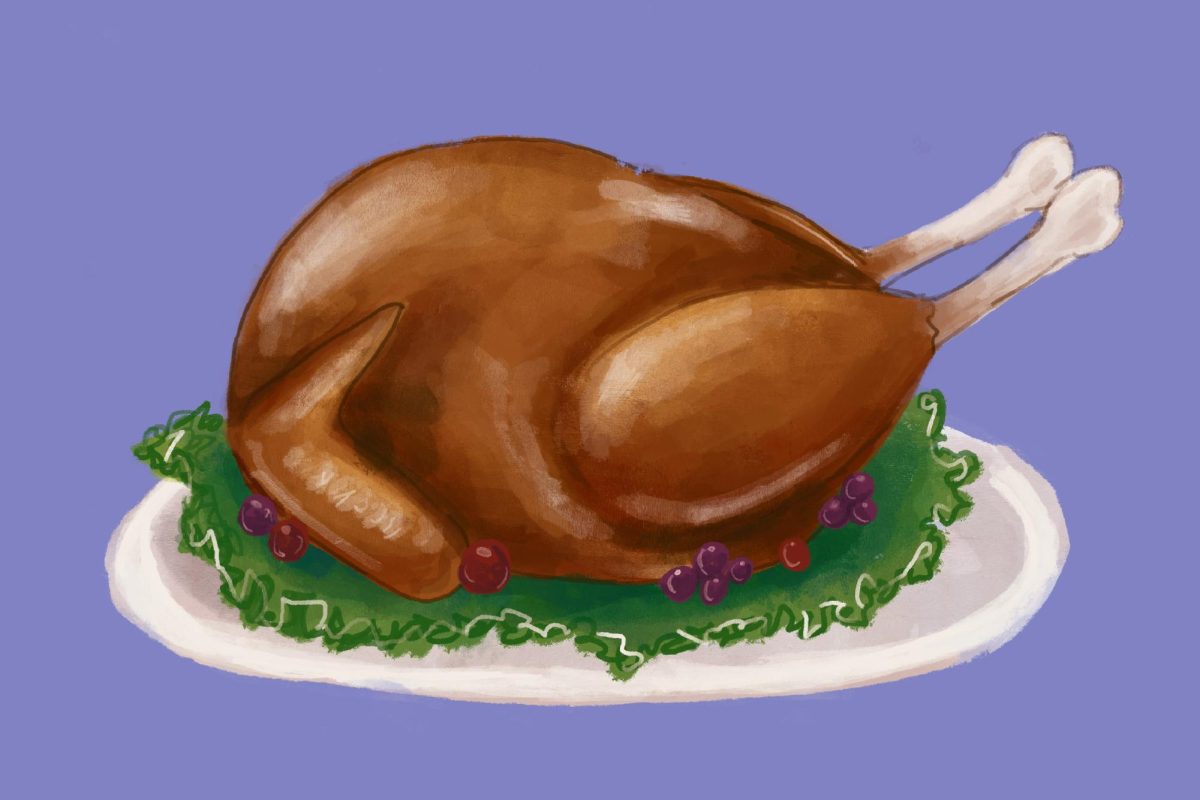

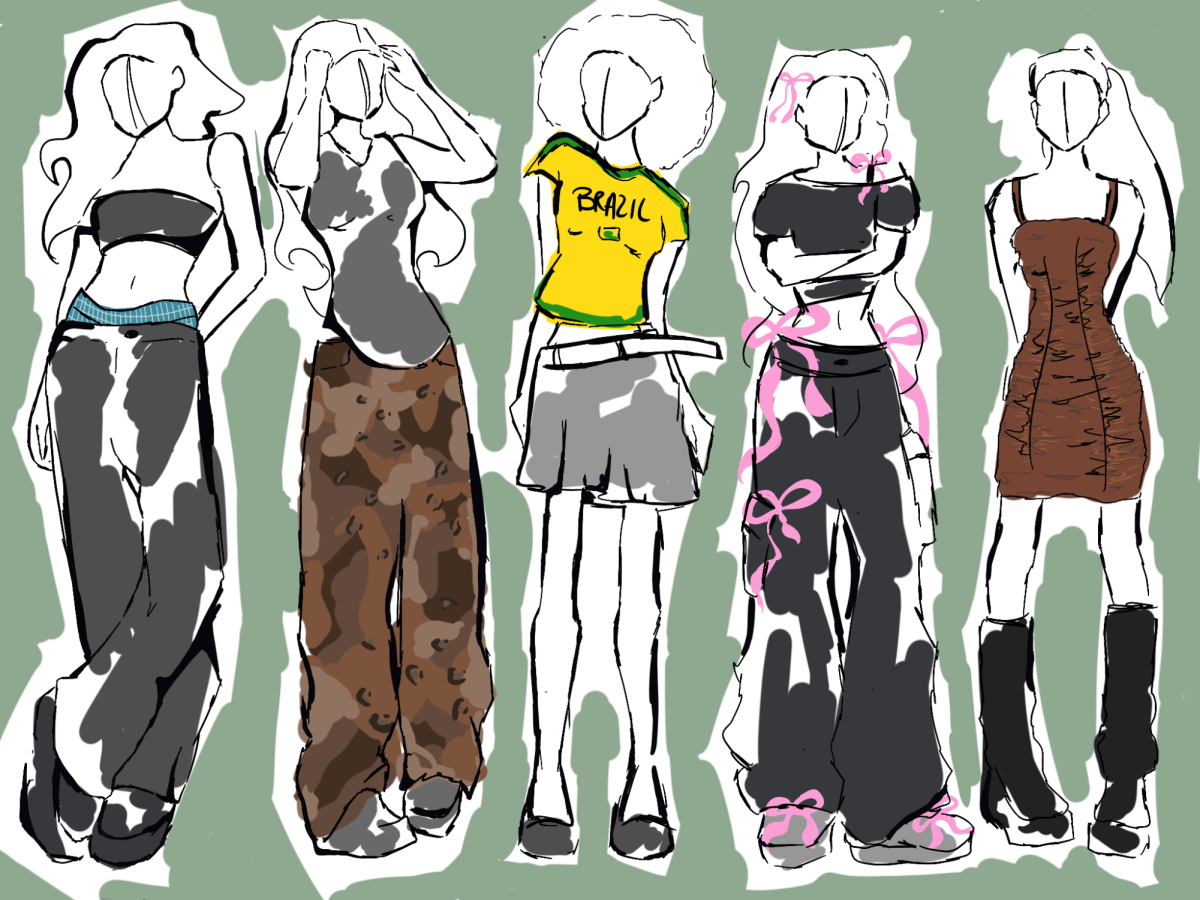


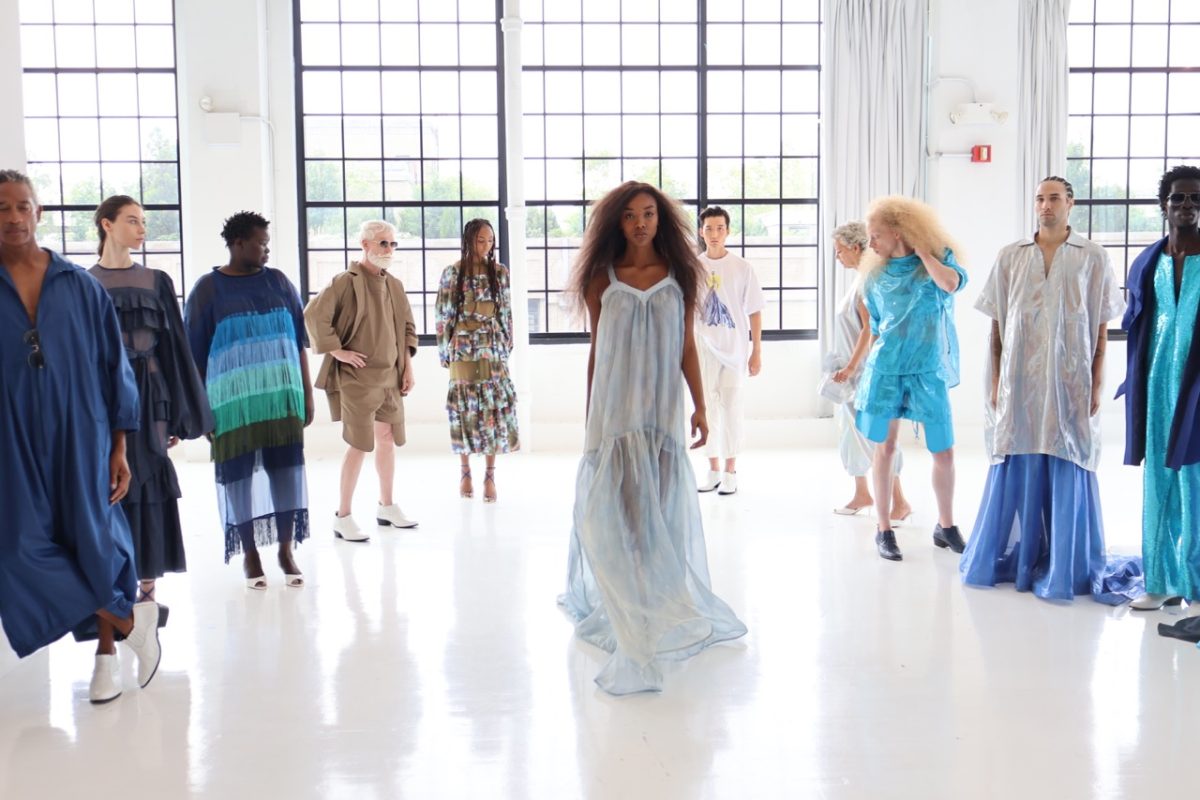
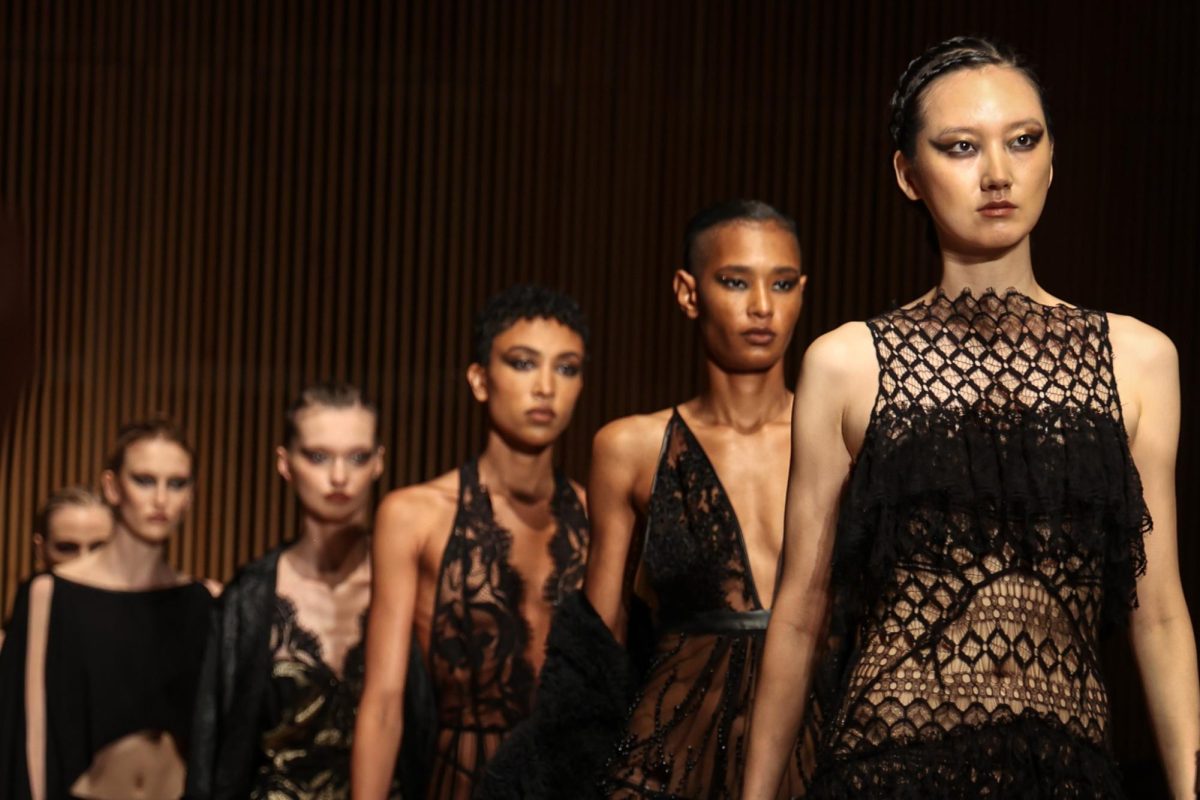

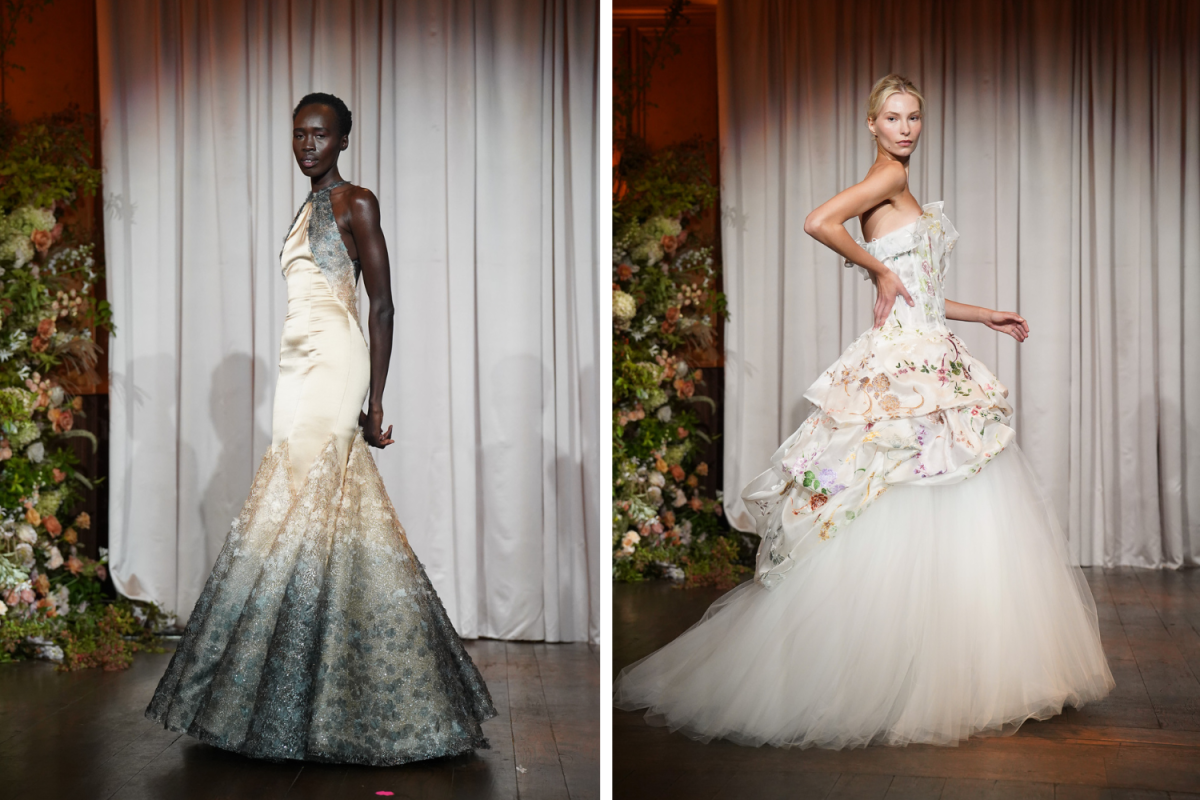



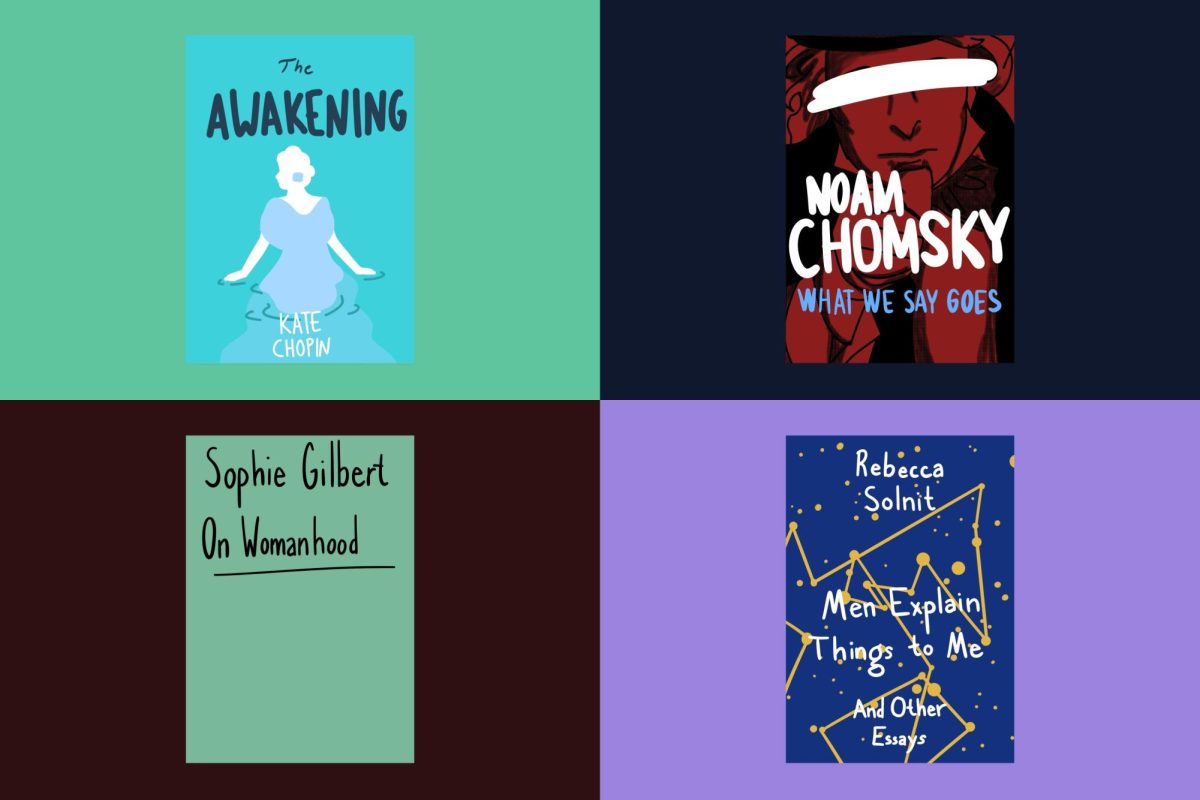
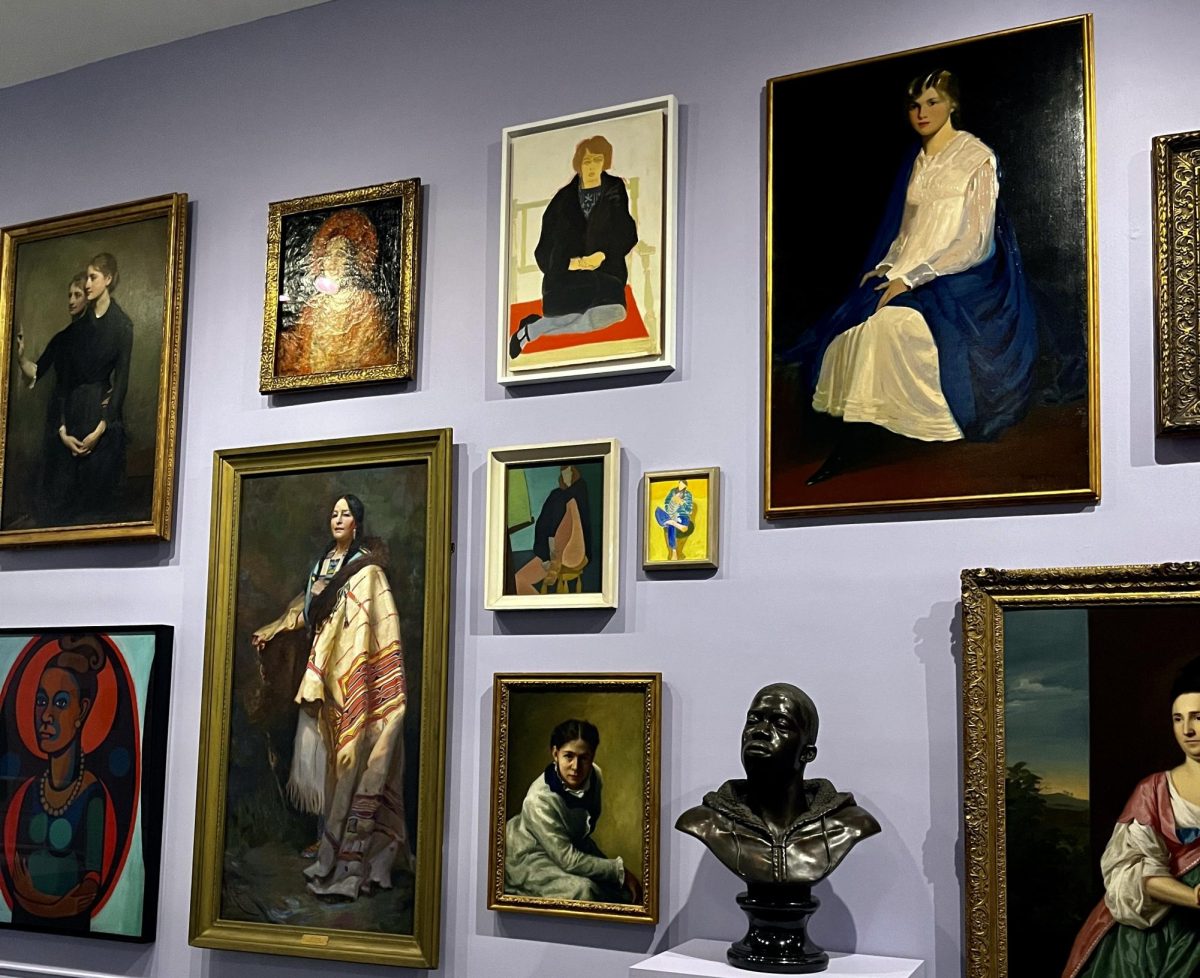
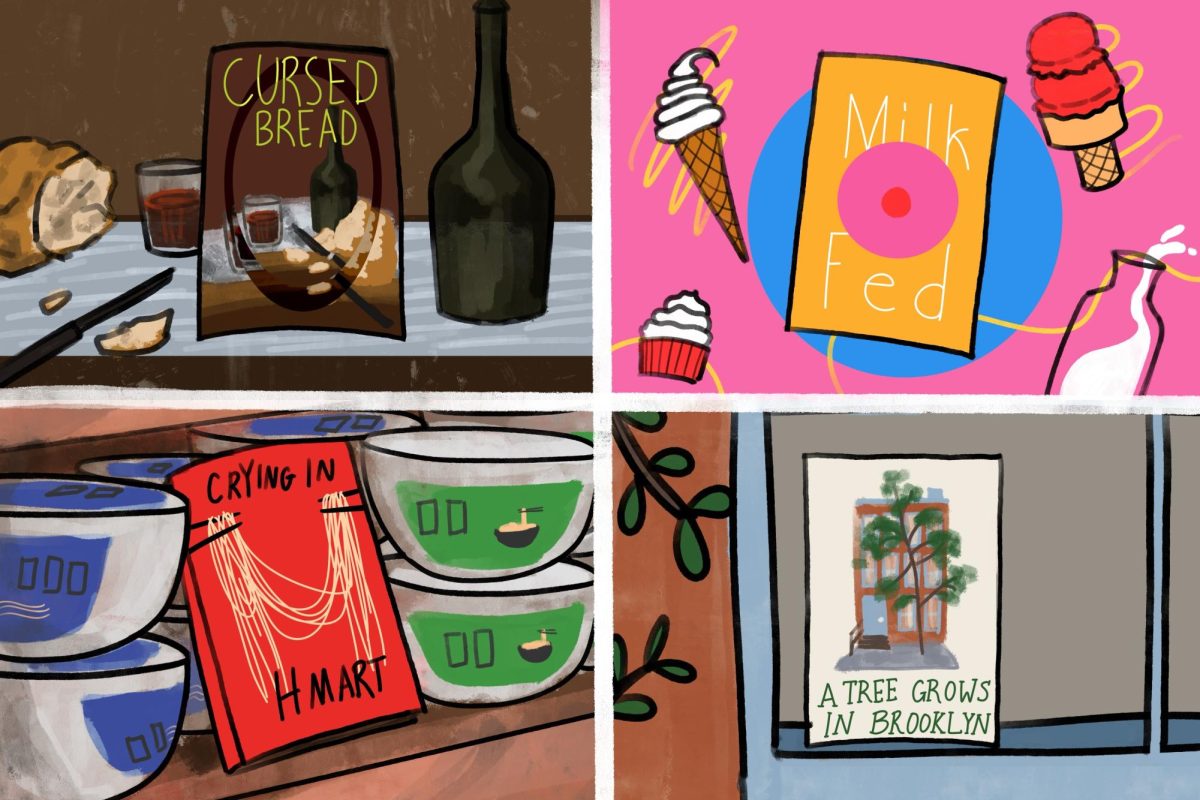





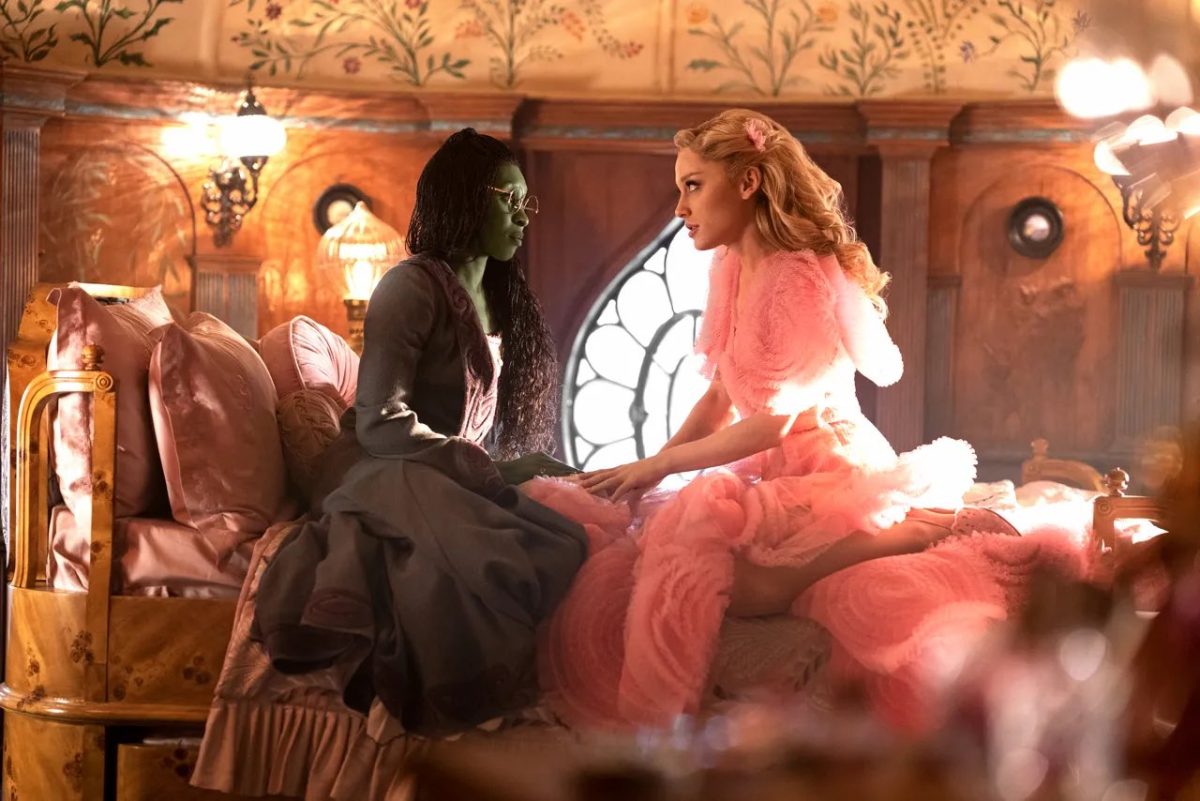



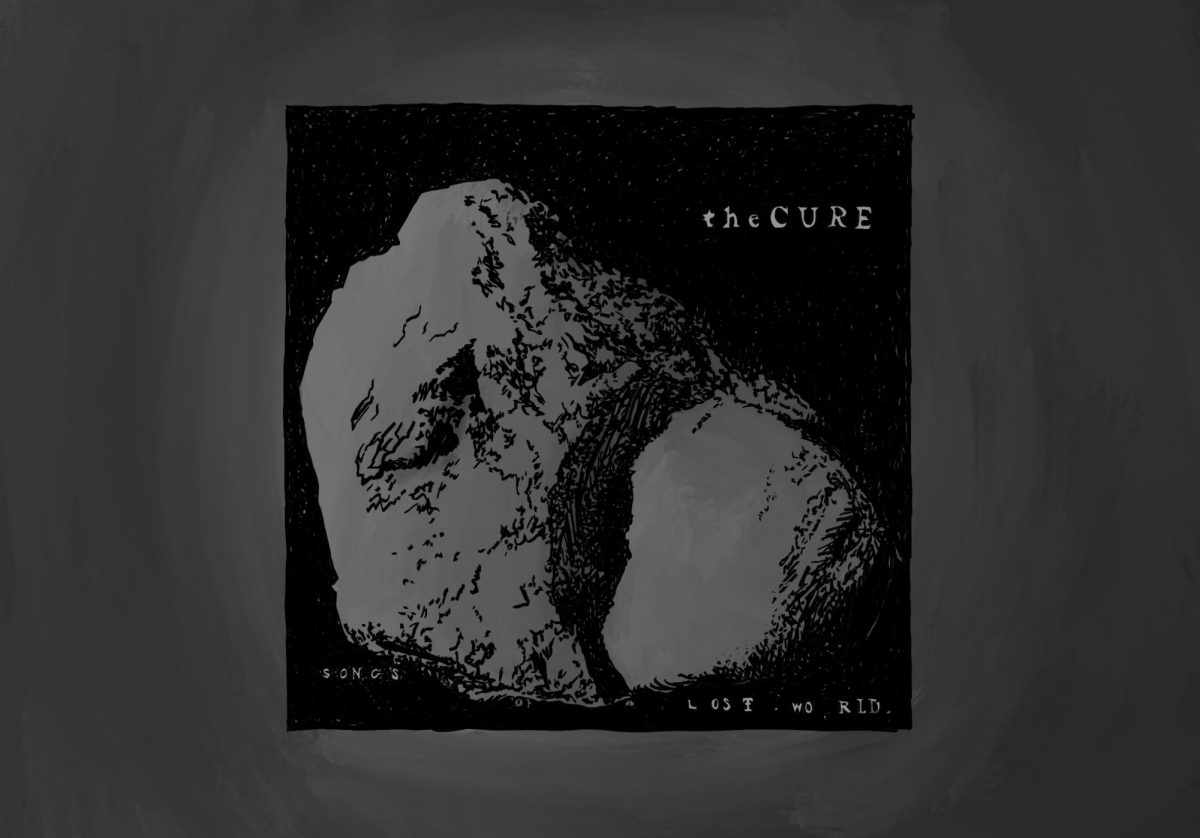



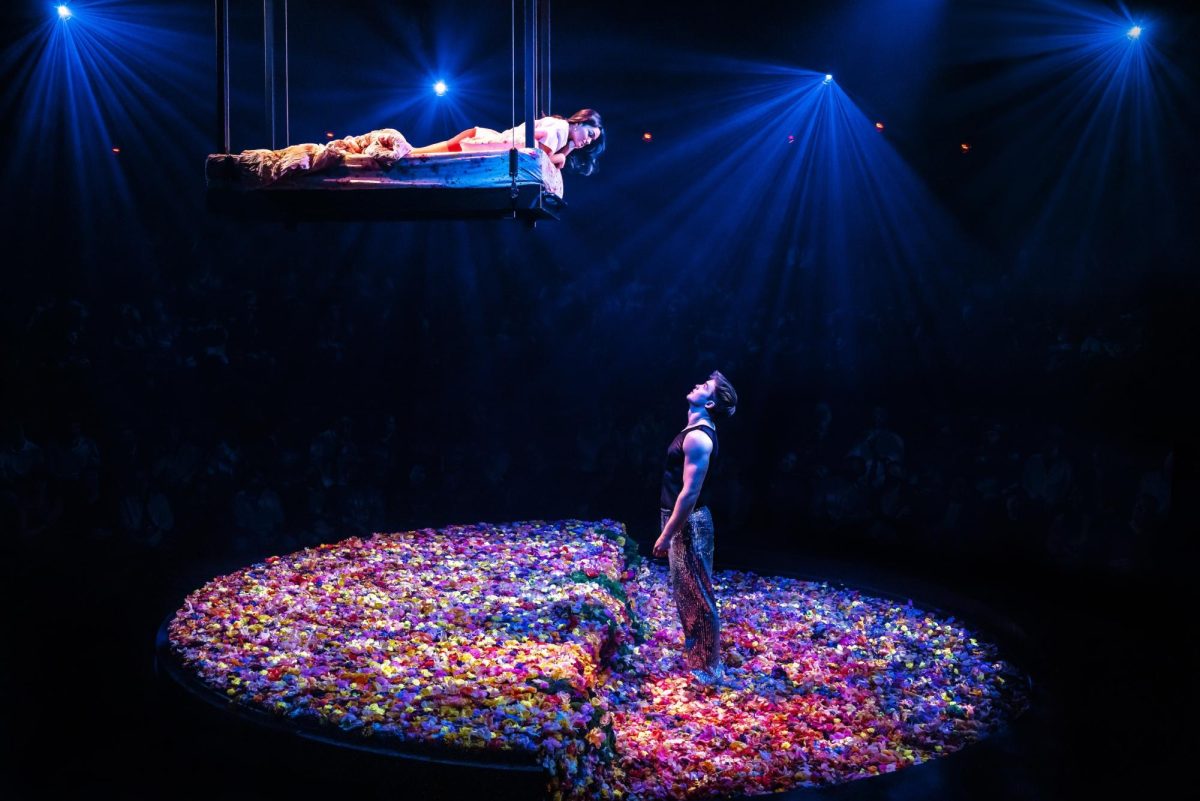


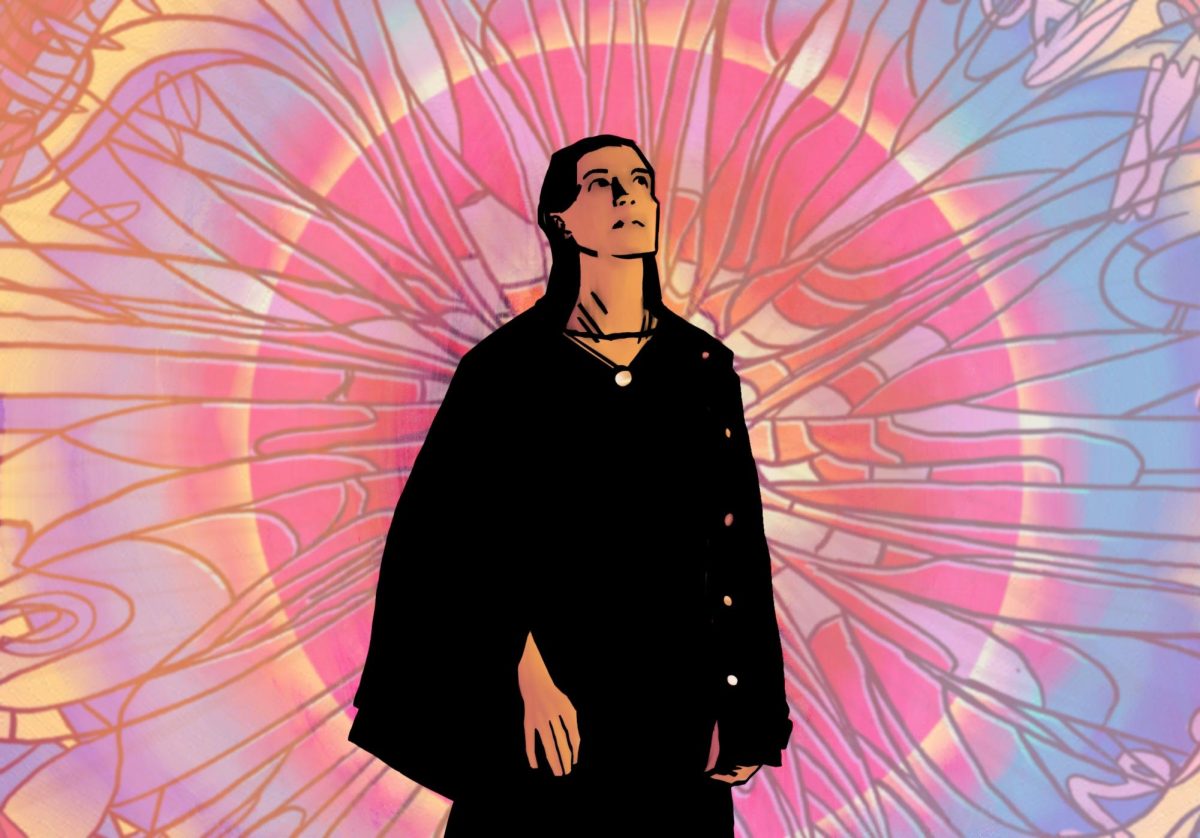
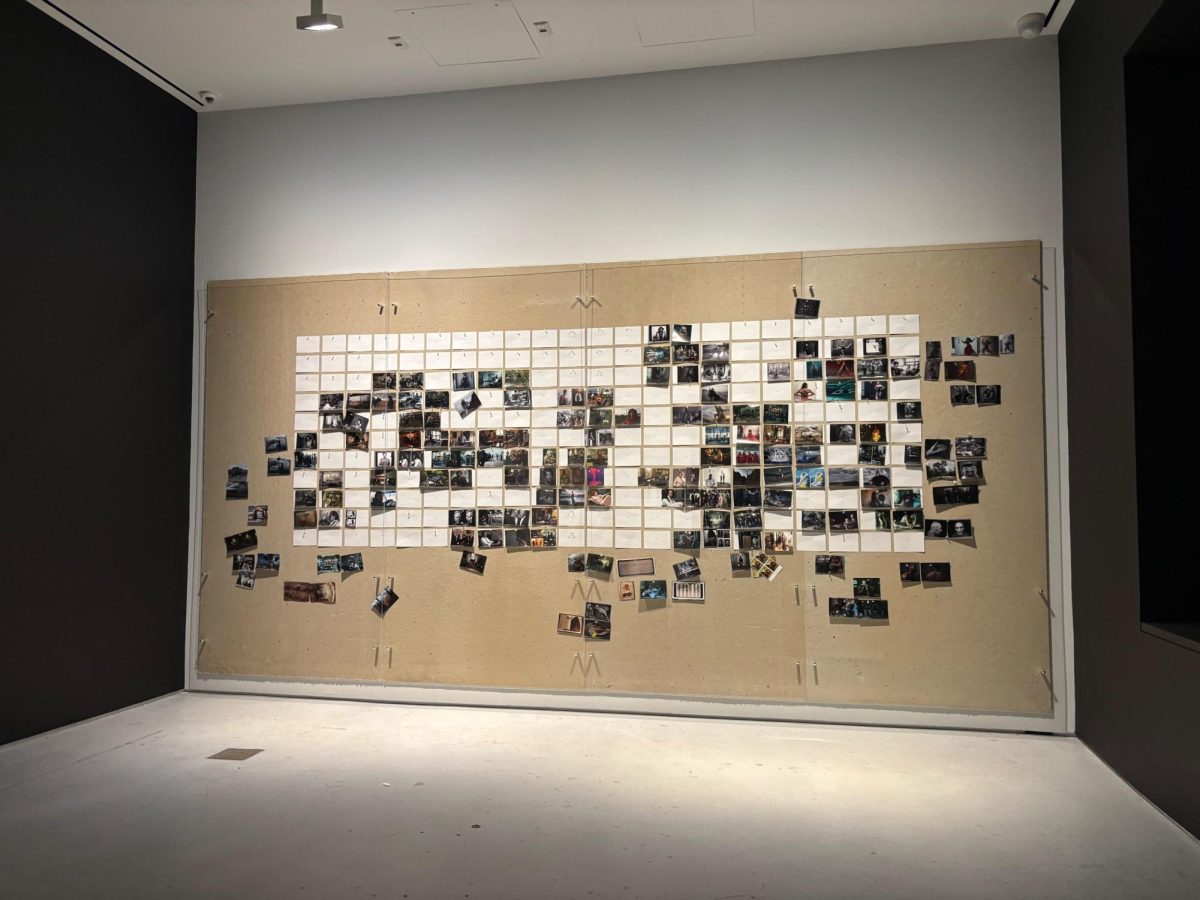
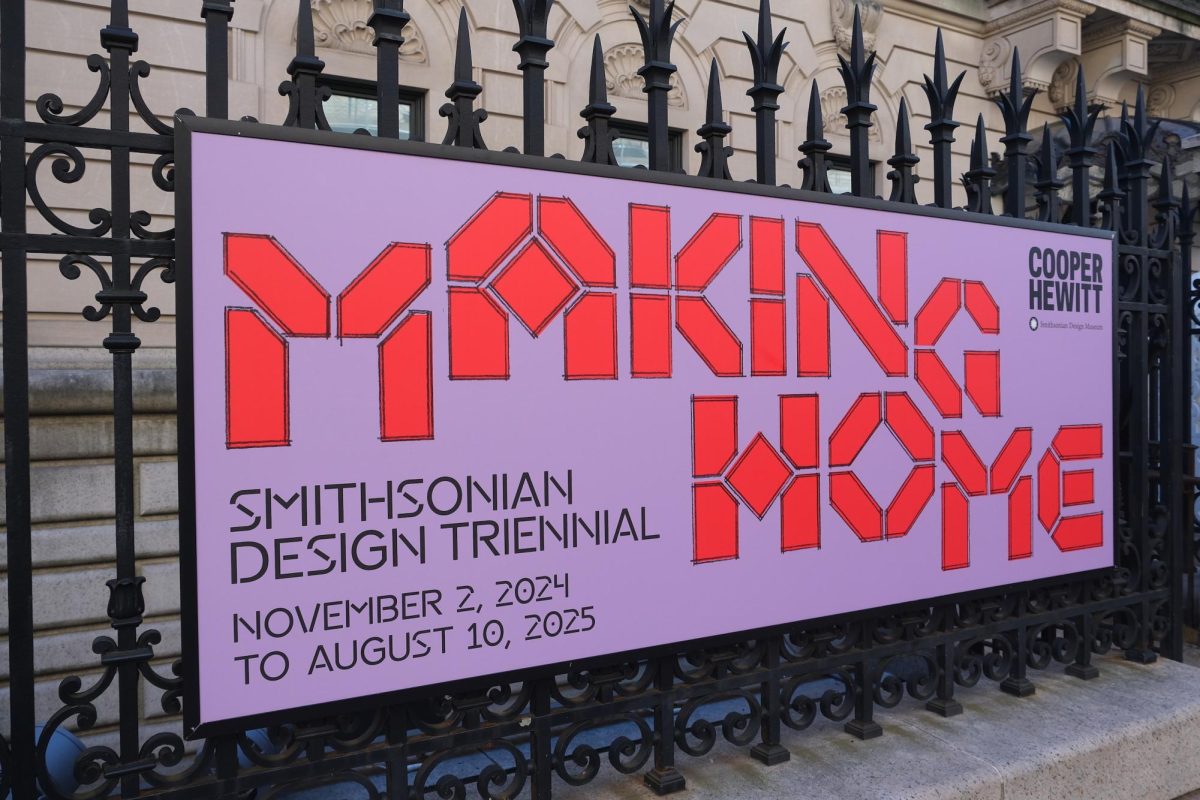
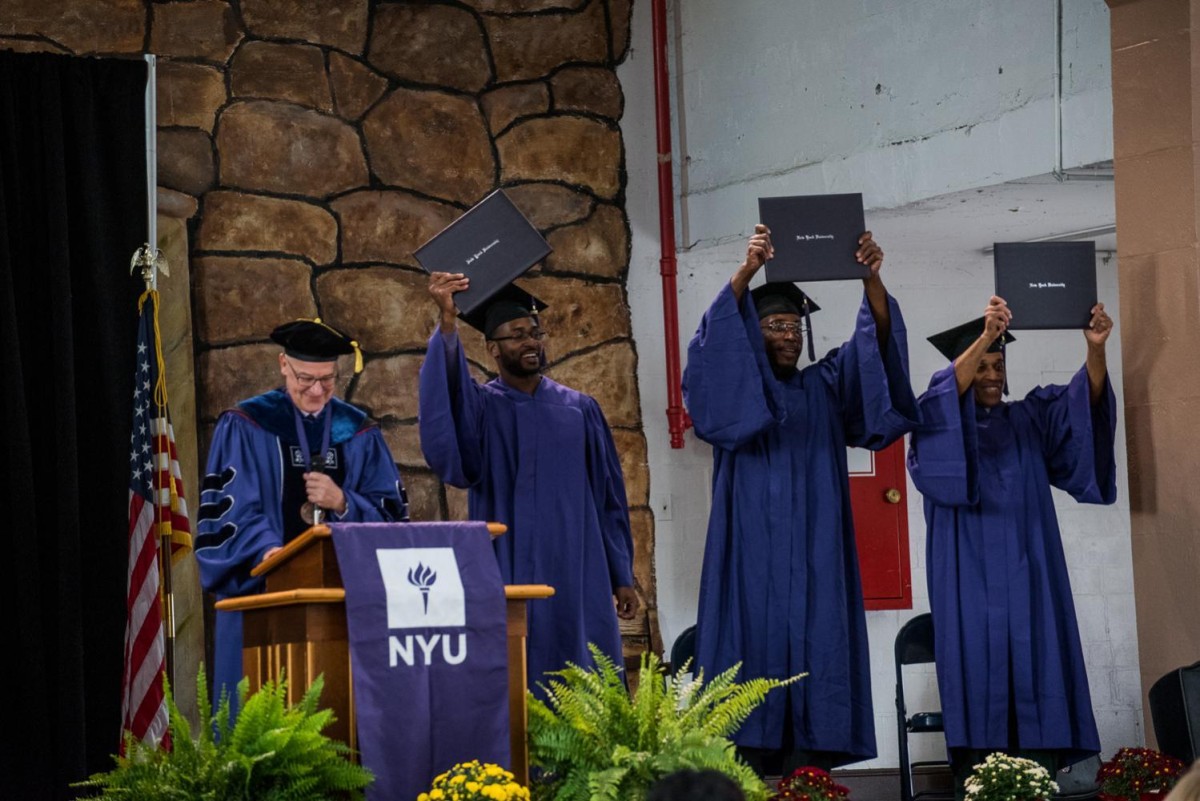


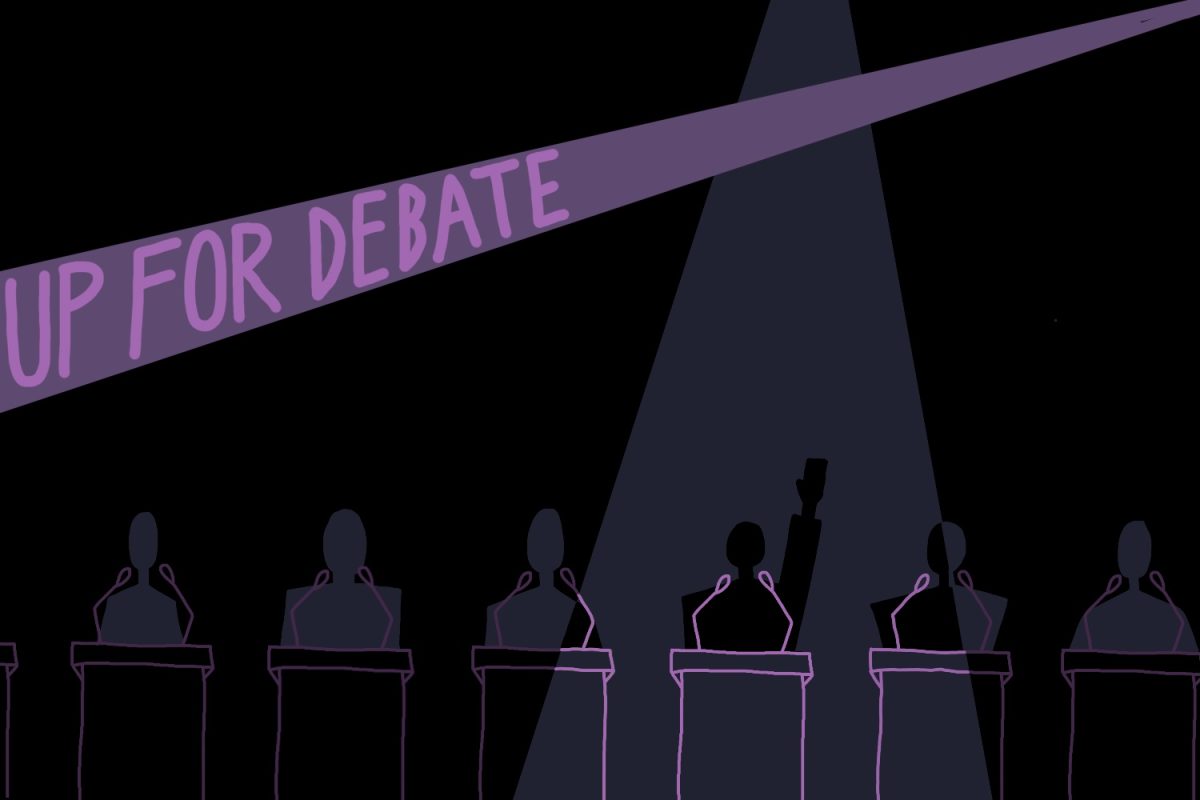

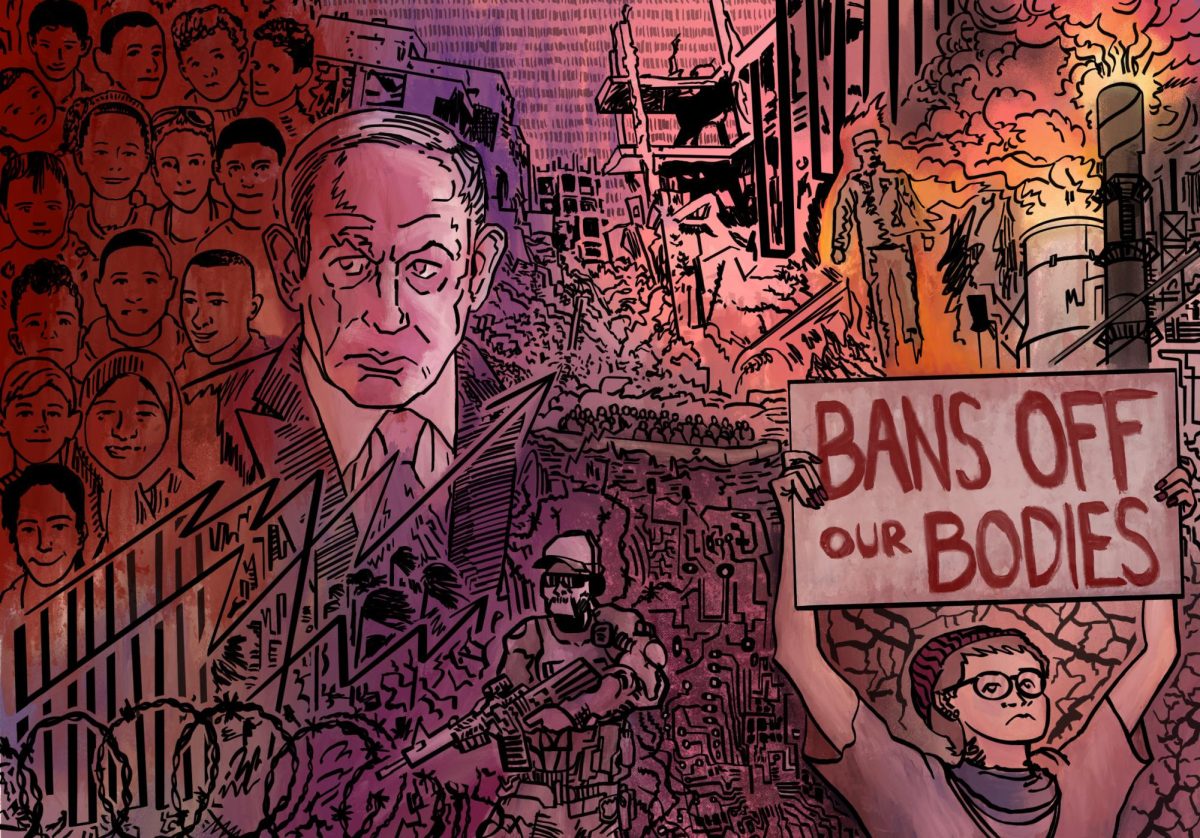


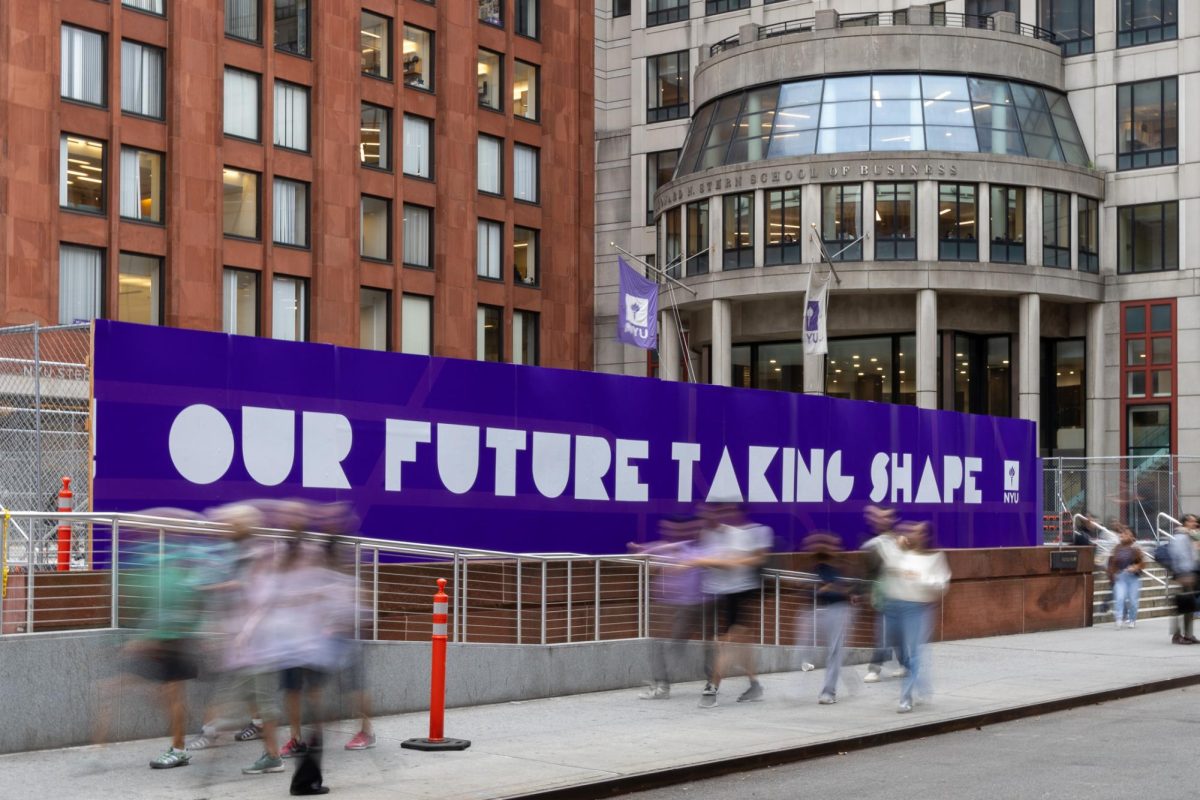



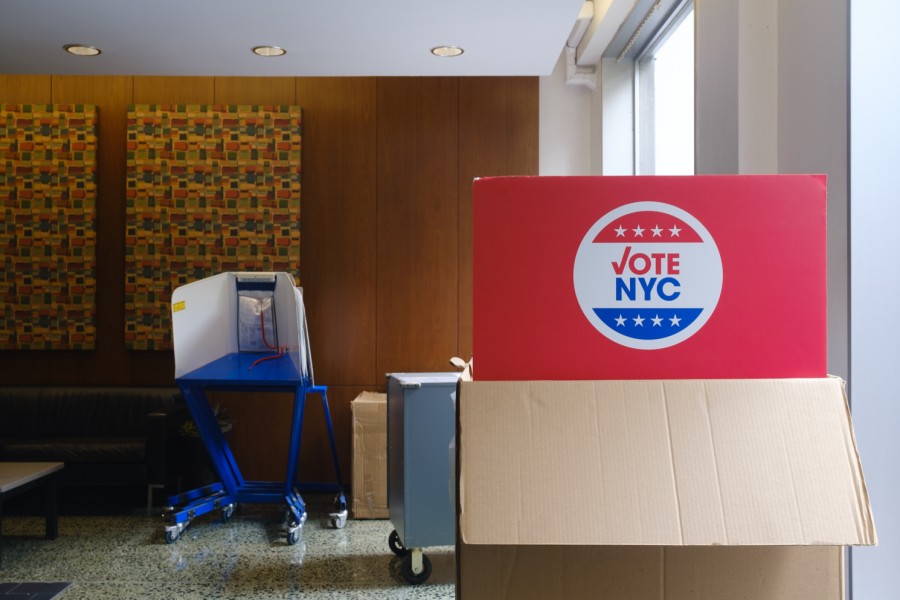
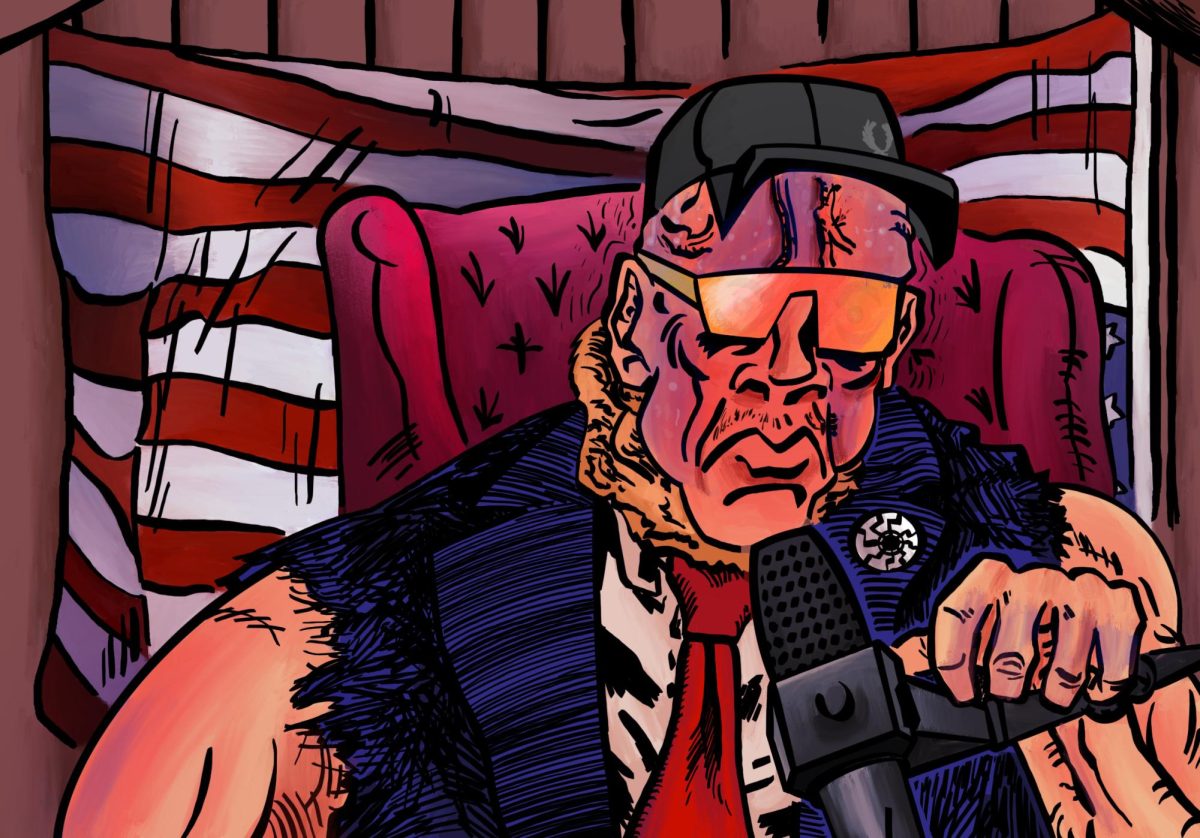




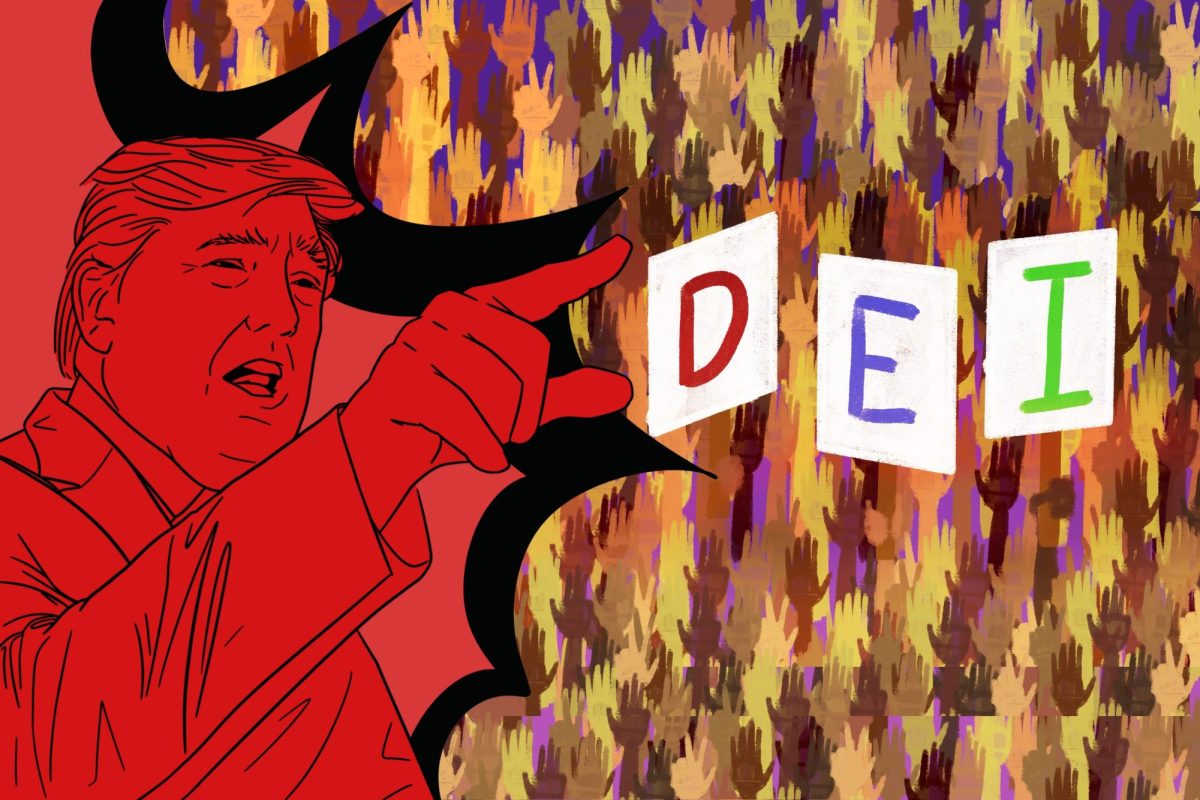
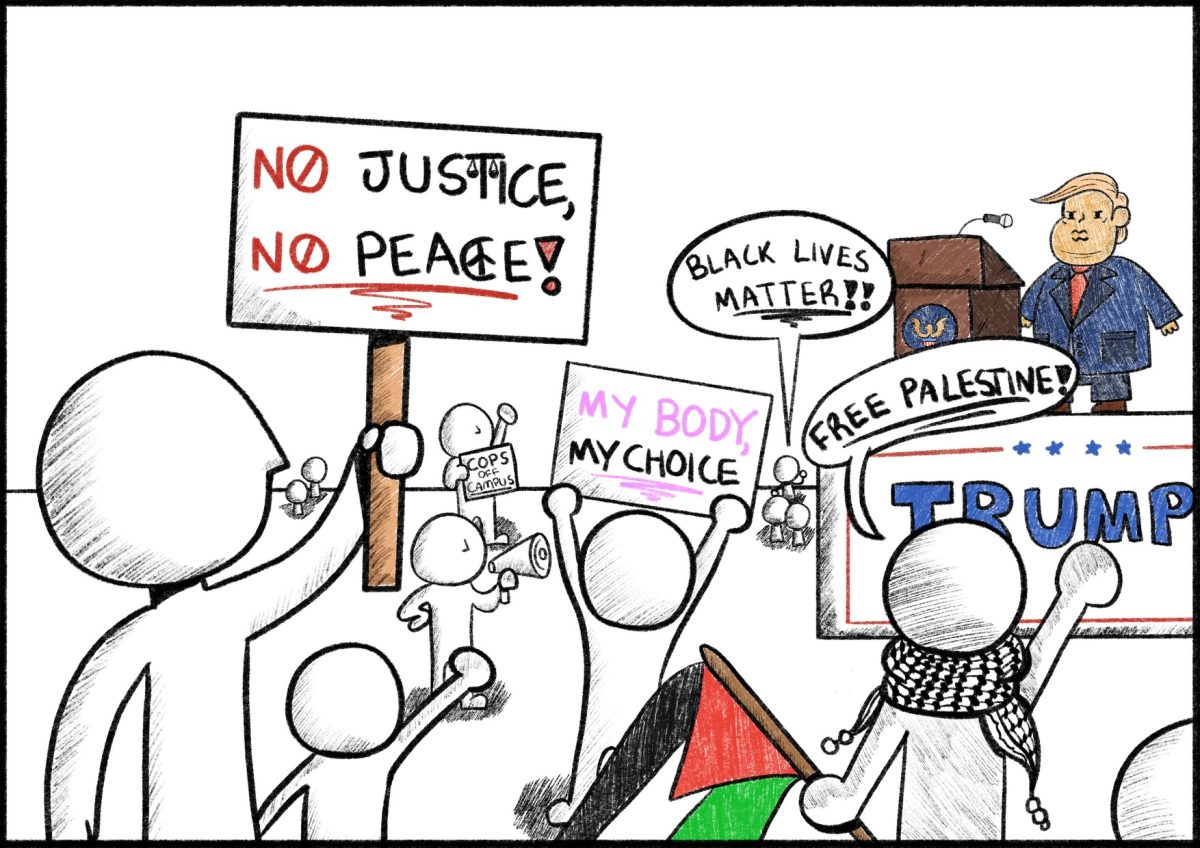
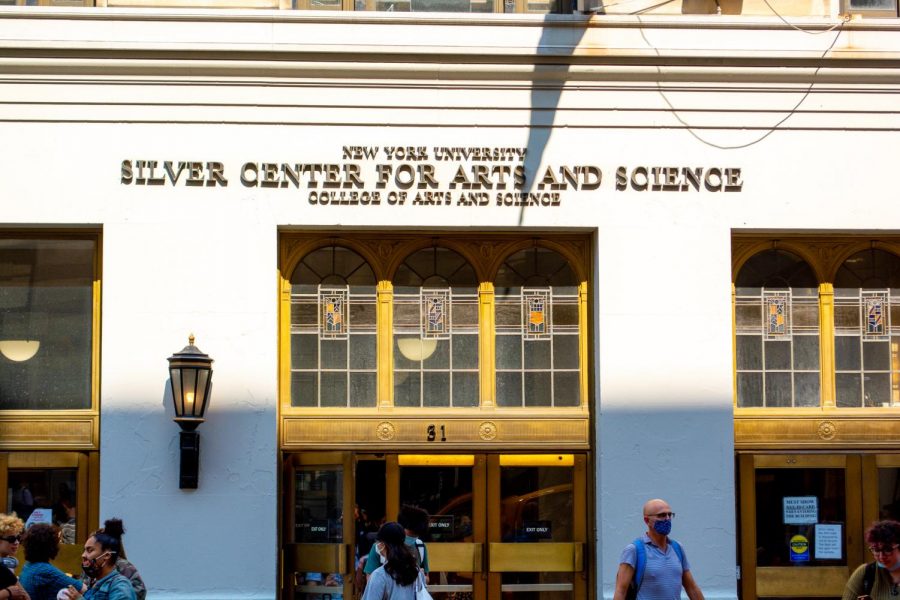
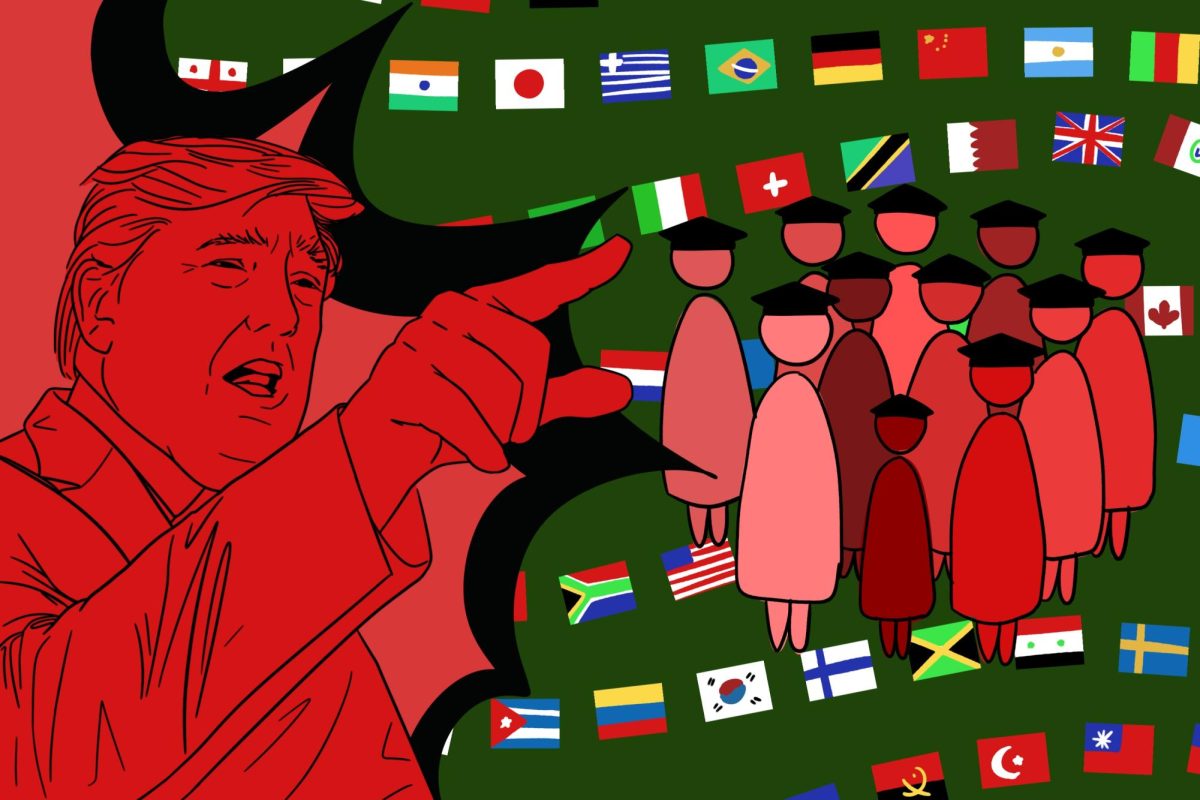





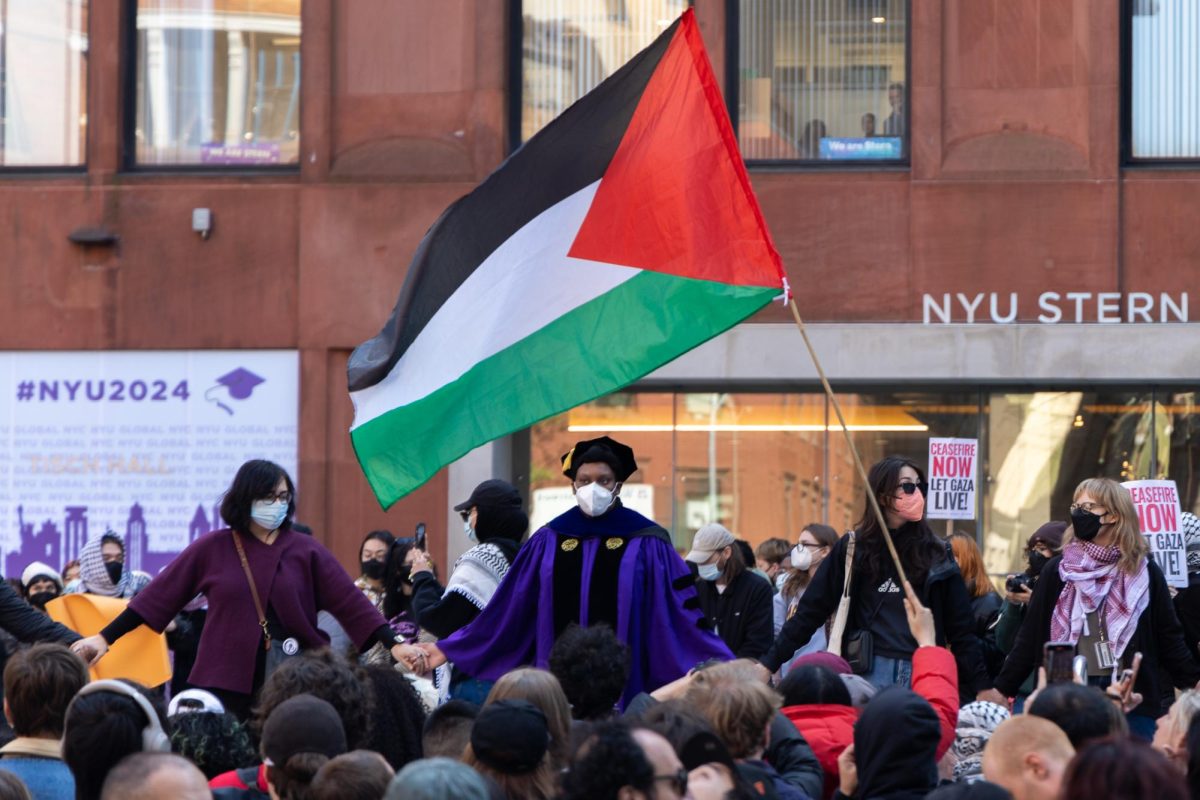

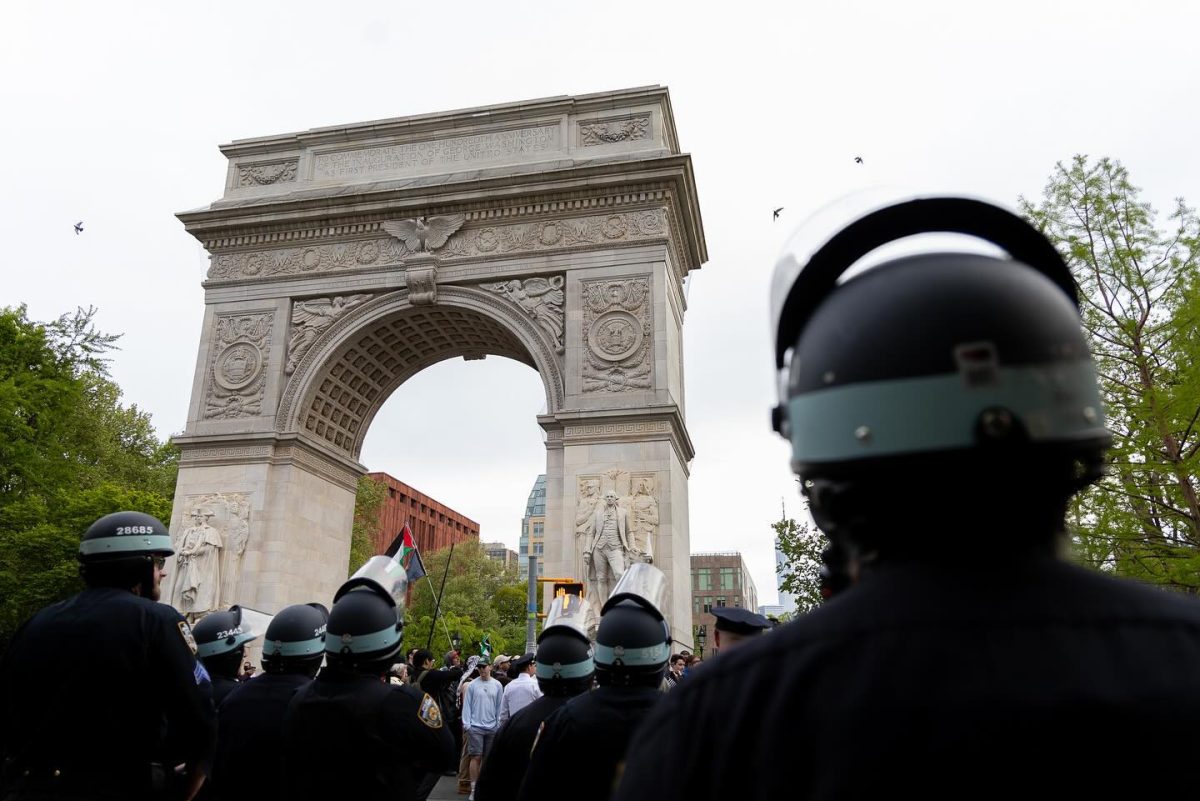






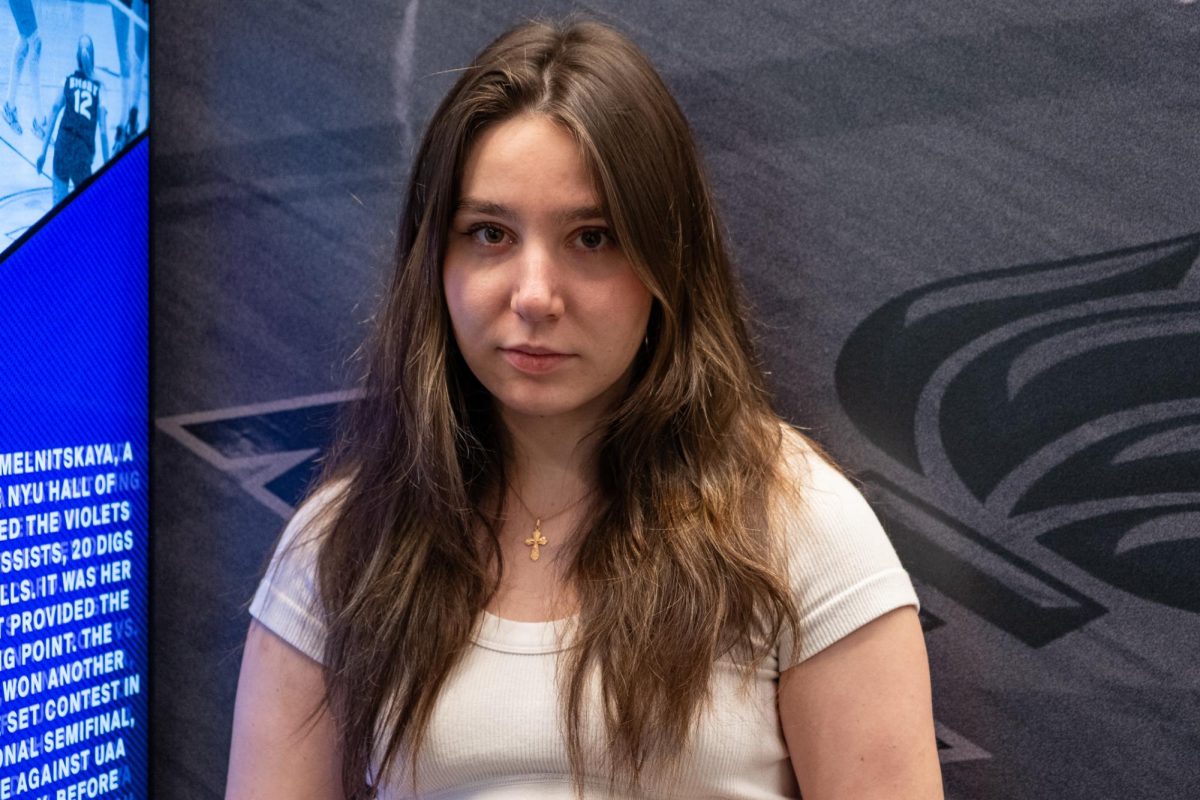
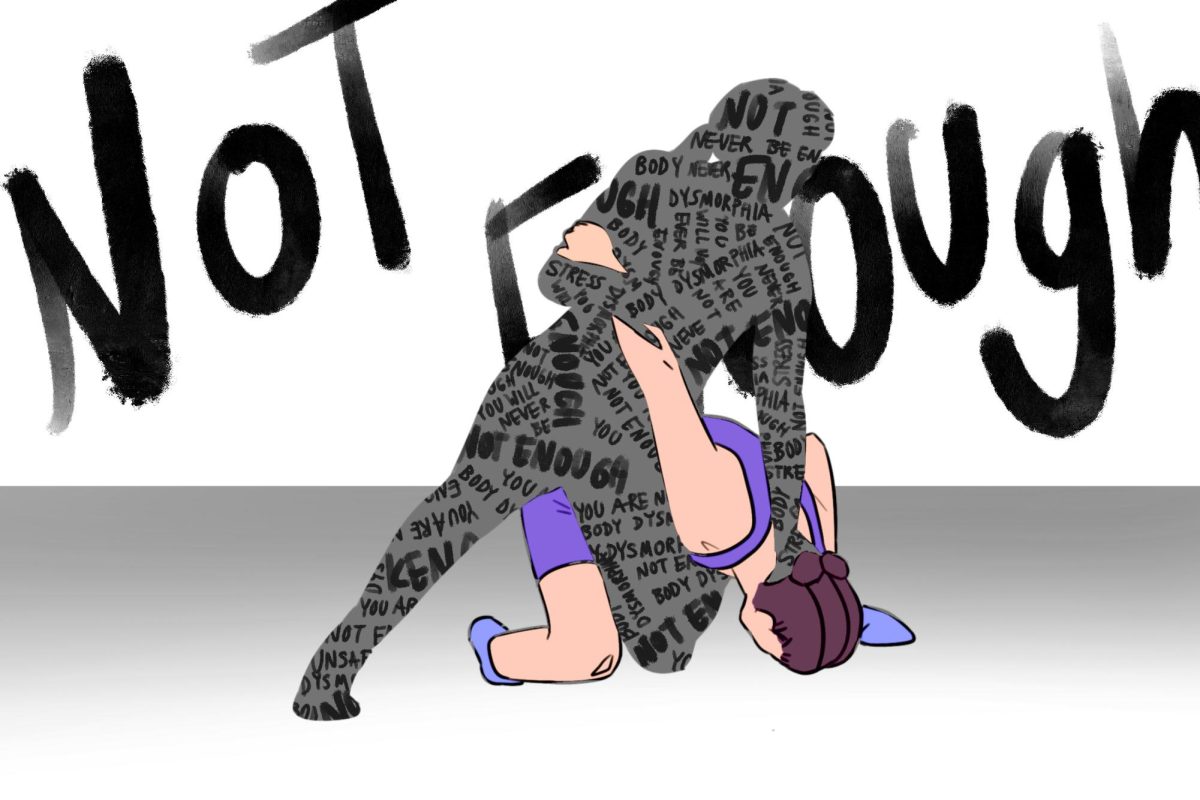

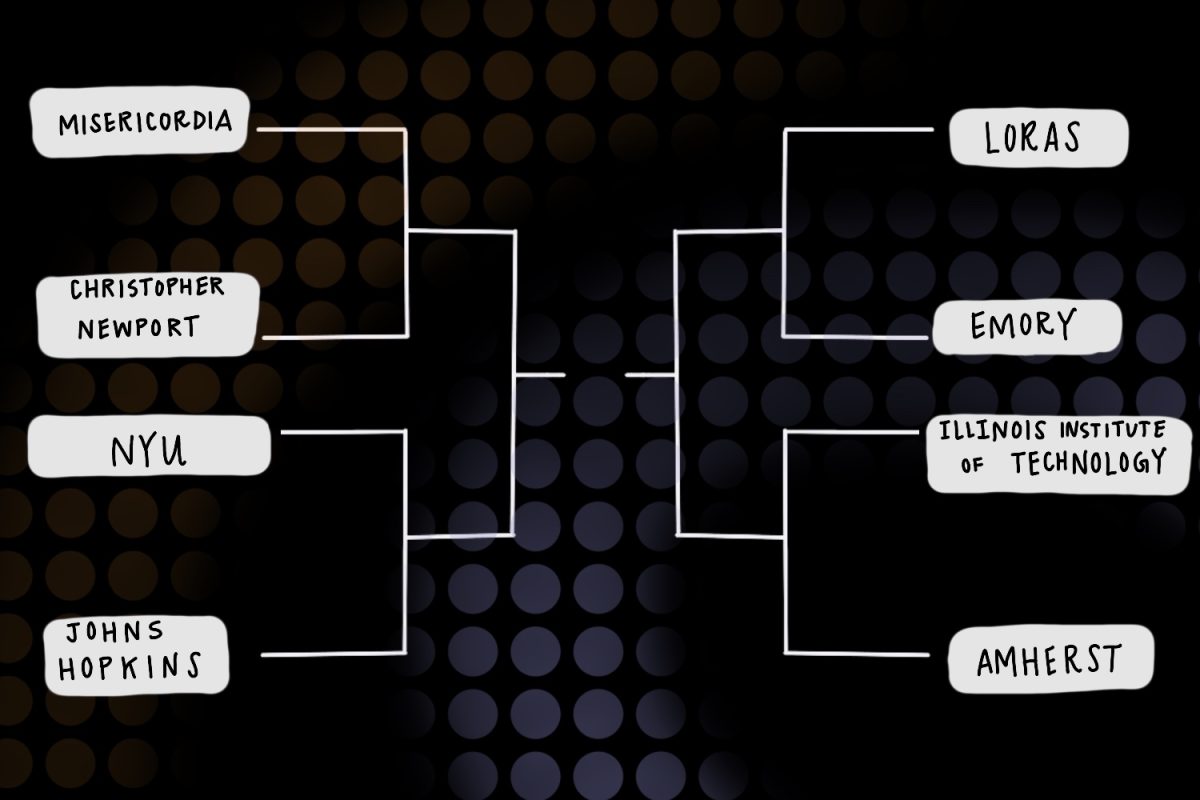


















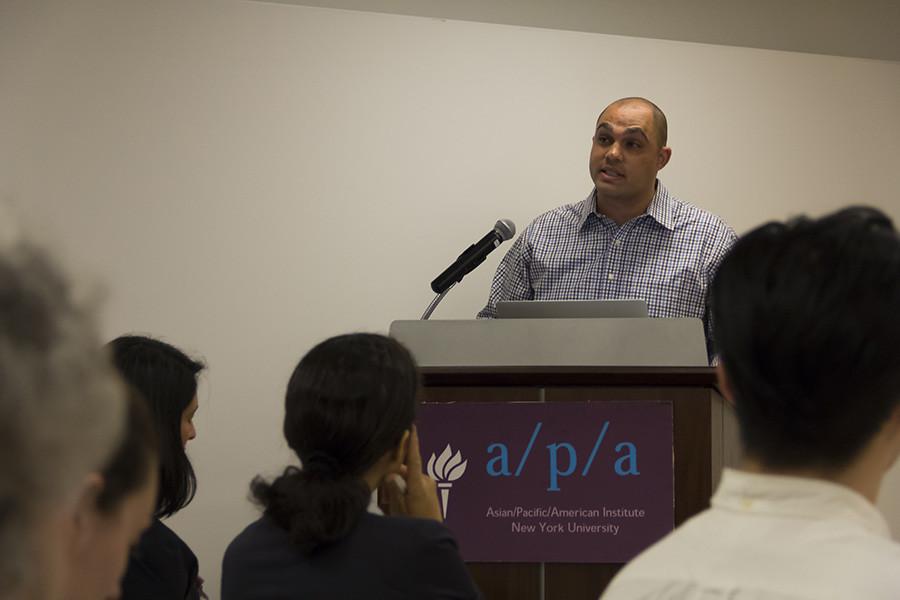

Hansen • Dec 2, 2015 at 4:15 am
AD Powell, I couldn’t agree with you more. Both speakers, regardless of scholarly credentials, lost their bearings once they promoted the idea that all mixed race people submit to the racist, pseudo-scientific idea of hypodescent. Even the basic expectation that multis lie about their complete ethnic identity is intellectual dishonest, intrusive, and an obvious bid to continue the the One Drop Rule, in the tradition of white slave master mentality. We can still work to act in ways that support blacks and asians, without pretending to be identical to them.
AD Powell (@mischling2nd) • Apr 27, 2015 at 1:05 am
Sexton’s book is absolute crap. He attacks several of the multiracial movement leaders by name, but distorts our views and does not provide sources so readers can view the original documents. Sexton’s definition of “white supremacy” is anything he doesn’t like.
The people who claim that Sexton is putting mixed-race identity in historical perspective are woefully ignorant. When you look at history, you see that both mixed-race and white identities were porous and often depended on actions or performing racial identities and not just genealogy. I was pointing out the realities of mixed-race history during the days of “interracial Voice” in the 1990s. My pro-hypodescent, black-identified opponents didn’t want to hear about any history or research that contradicted their beliefs.
Nicole Holliday • Apr 22, 2015 at 11:32 am
While I won’t claim to speak for Mahtani or Sexton, but I’ll address the above comment as a multiracial person, activist, and scholar who attended the event.
For a long time, scholarship about multiracial individuals has focused heavily on individual experience, and promoted a type of multiracial exceptionalism which serves to characterize multiracial individuals as somehow special or even “post-racial”. As a scholar, what I appreciate about Sexton’s work in particular, is that it illuminates the ways in which this type of “exceptional” ideology has made multiracial people pawns in service of white supremacy.
We need discourses around the many ways in which individuals can choose to identify, but also around the larger societal consequences of these identity choices. I would never police the way another multiracial person would choose to self-identify, but that doesn’t mean that those choices don’t have broader personal and societal consequences. Challenging the relationship between white supremacy and multiracial exceptionalism is a positive thing for both the scholarship and for those who identify as multiracial.
Nicole Hollidat • Apr 22, 2015 at 11:31 am
I won’t claim to speak for Mahtani or Sexton, but I’ll address the above comment as a multiracial person, activist, and scholar who attended the event.
For a long time, scholarship about multiracial individuals has focused heavily on individual experience, and promoted a type of multiracial exceptionalism which serves to characterize multiracial individuals as somehow special or even “post-racial”. As a scholar, what I appreciate about Sexton’s work in particular, is that it illuminates the ways in which this type of “exceptional” ideology has made multiracial people pawns in service of white supremacy.
We need discourses around the many ways in which individuals can choose to identify, but also around the larger societal consequences of these identity choices. I would never police the way another multiracial person would choose to self-identify, but that doesn’t mean that those choices don’t have broader personal and societal consequences. Challenging the relationship between white supremacy and multiracial exceptionalism is a positive thing for both the scholarship and for those who identify as multiracial.
AD Powell (@mischling2nd) • Apr 22, 2015 at 12:50 am
According to Jared Sexton and Minelle Mahtani, “white supremacy” is opposing the racist idea of forced hypodescent and refusing to retain and even cherish the old “black blood” stigma. If Sexton and Mahtani told you that opposing antisemitism is the same as endorsing Nazism, would you believe that too?
Sexton and Mahtani also claim that everyone who has some measure of African ancestry (no matter how small) should call themselves “black” in order to spare the feelings of blacks who imagine that we multiracials and mixed-whites are secretly despising them by rejecting the “one drop” stigma. That’s like saying that you should have sex with anyone who wants you because their “hurt feelings” take precedence over your right to control your own body. If you have no self-esteem and believe that you have no rights that others (especially blacks) need respect, I suppose you would fall for that.
I’m not surprised that this panel dared not present any opposition to the pseudo-scholars Sexton and Mahtani. I’d like to see if they are brave enough to tell Latinos and Arabs (nearly all of whom are partially “black” to various degrees) that they should drop their separate identities and call themselves “black” to prove they’re not “racist.” Would any of you “white liberals” reject YOUR white identities if Sexton and Mahtani demanded it? No? Then respect the rights of others to THEIR white ancestry and heritage.
White Racial Identity, Racial Mixture, and the “One Drop Rule”
http://melungeon.ning.com/forum/topics/5th-union-presentation-by-a-d-powell
Steven F. Riley • Apr 22, 2015 at 4:53 pm
AD Powell,
Did you you actually ATTEND the panel on Monday before writing your comments?
Unfortunately, I was unable to attend Dr. Sexton and Mahtani’s panel in New York, but I have been present for their other excellent presentations at past Critical Mixed Race Studies conferences. Their critical examination of mixed-race through the lens of white-supremacy is second to none.
Hopefully you and others will read their superb books to get a fuller perspective on what they discussing.
See: Sexton, Jared, Amalgamation Schemes: Antiblackness and the Critique of Multiracialism (Minneapolis: University of Minnesota Press, 2008), http://www.upress.umn.edu/book-division/books/amalgamation-schemes
and
Mahtani, Minelle, Mixed Race Amnesia: Resisting the Romanticization of Multiraciality (Vancouver: University of British Columbia Press, 2014), http://www.ubcpress.ca/search/title_book.asp?BookID=299174509